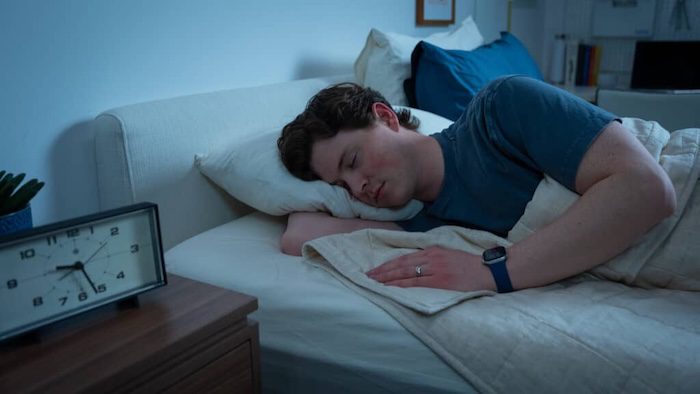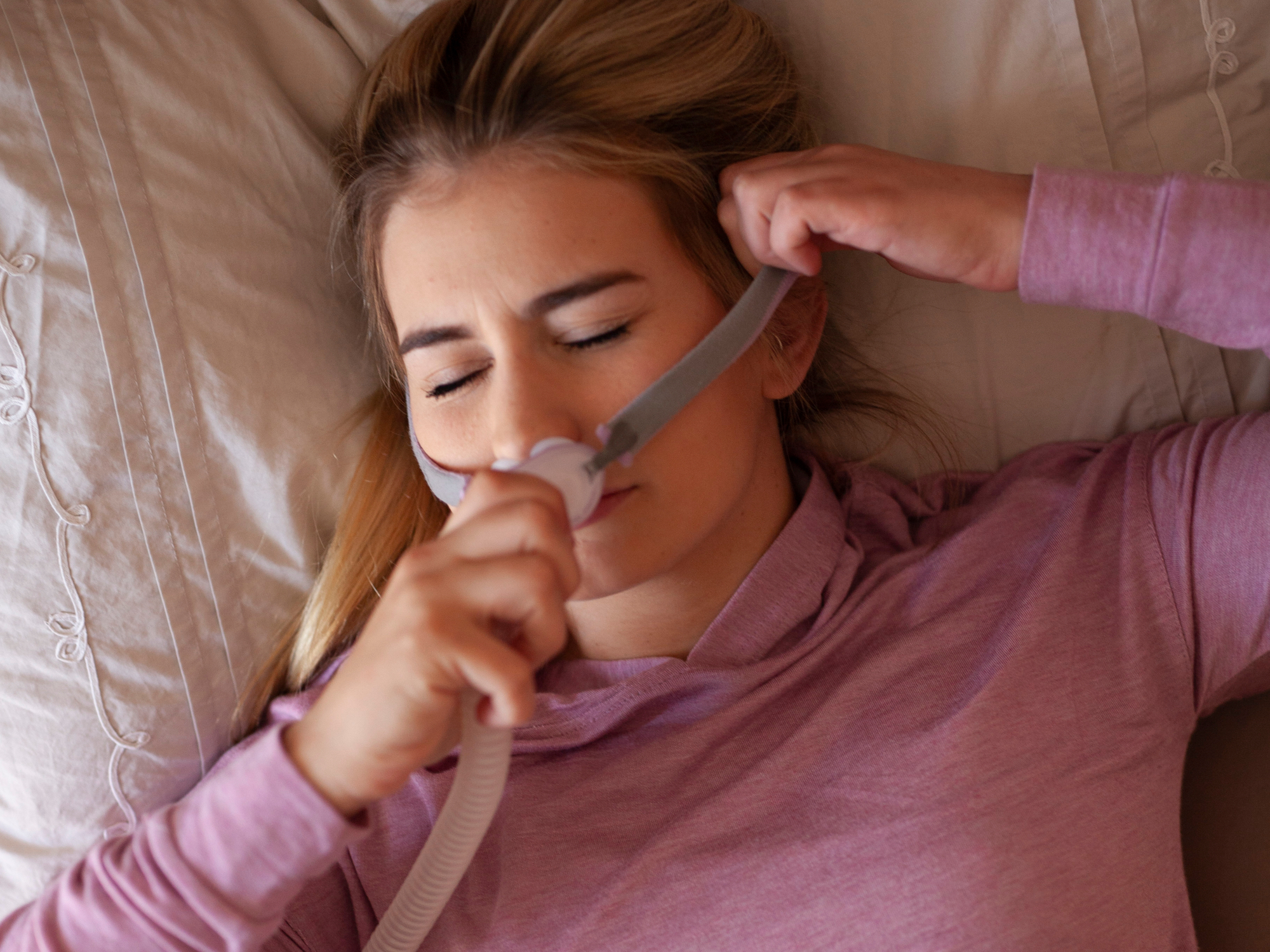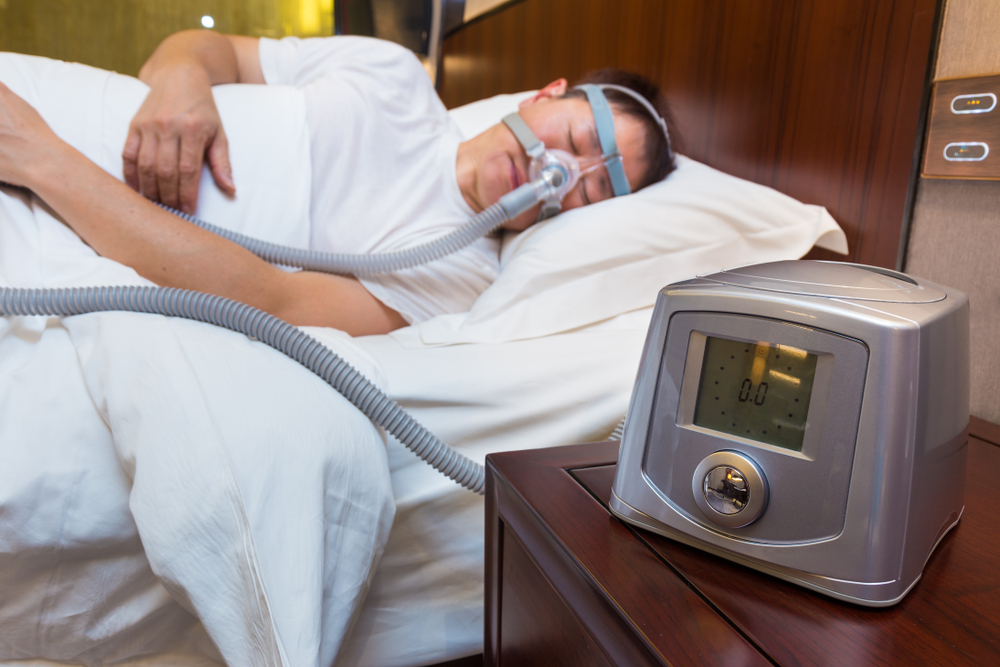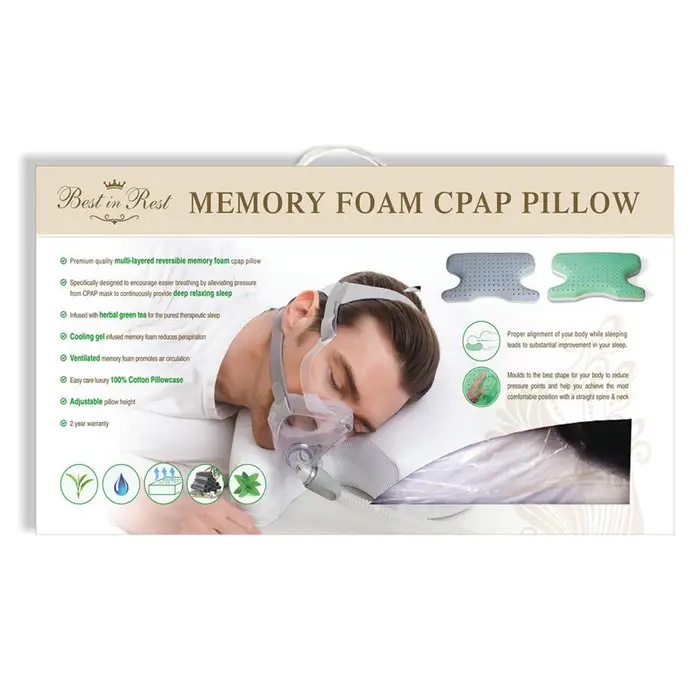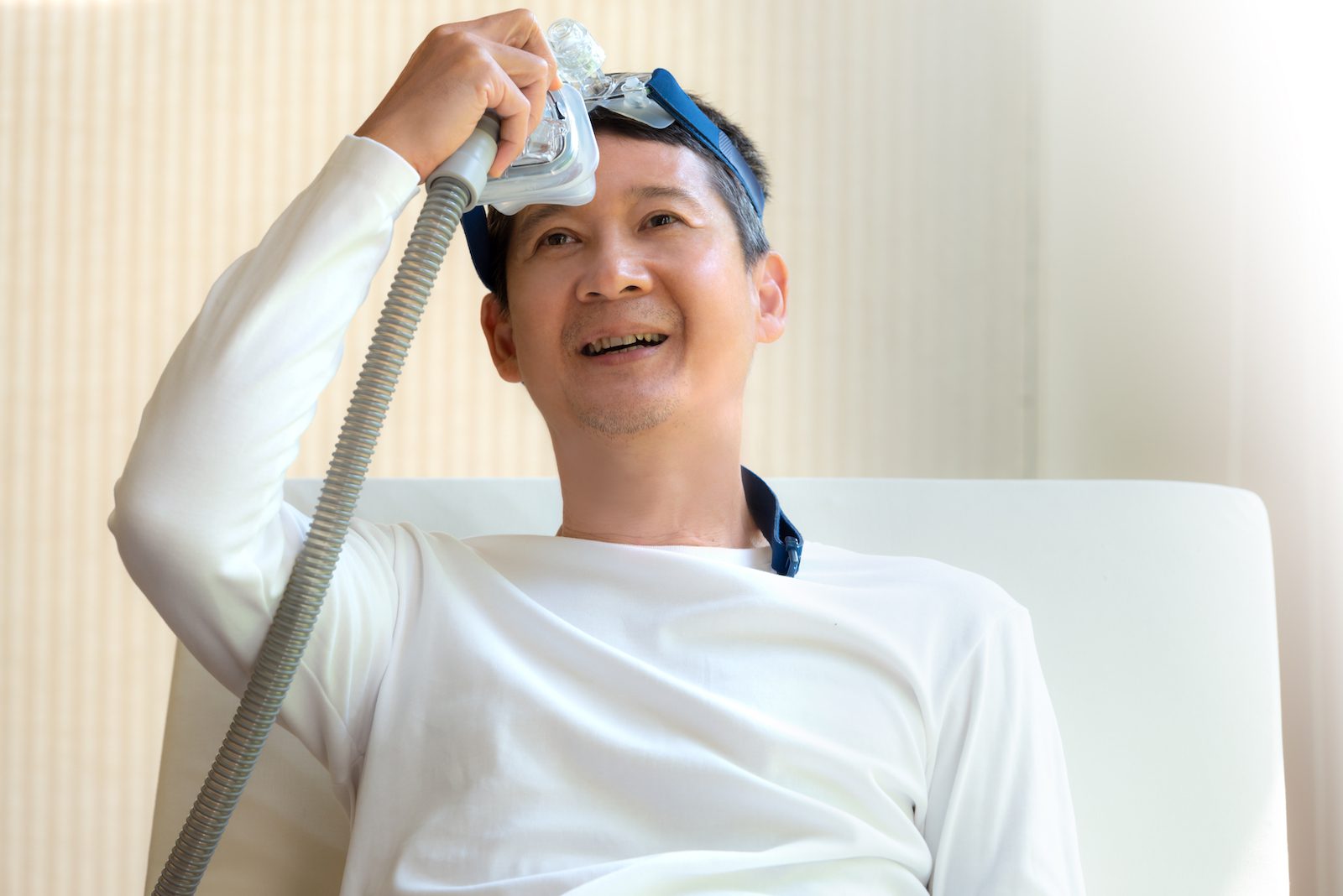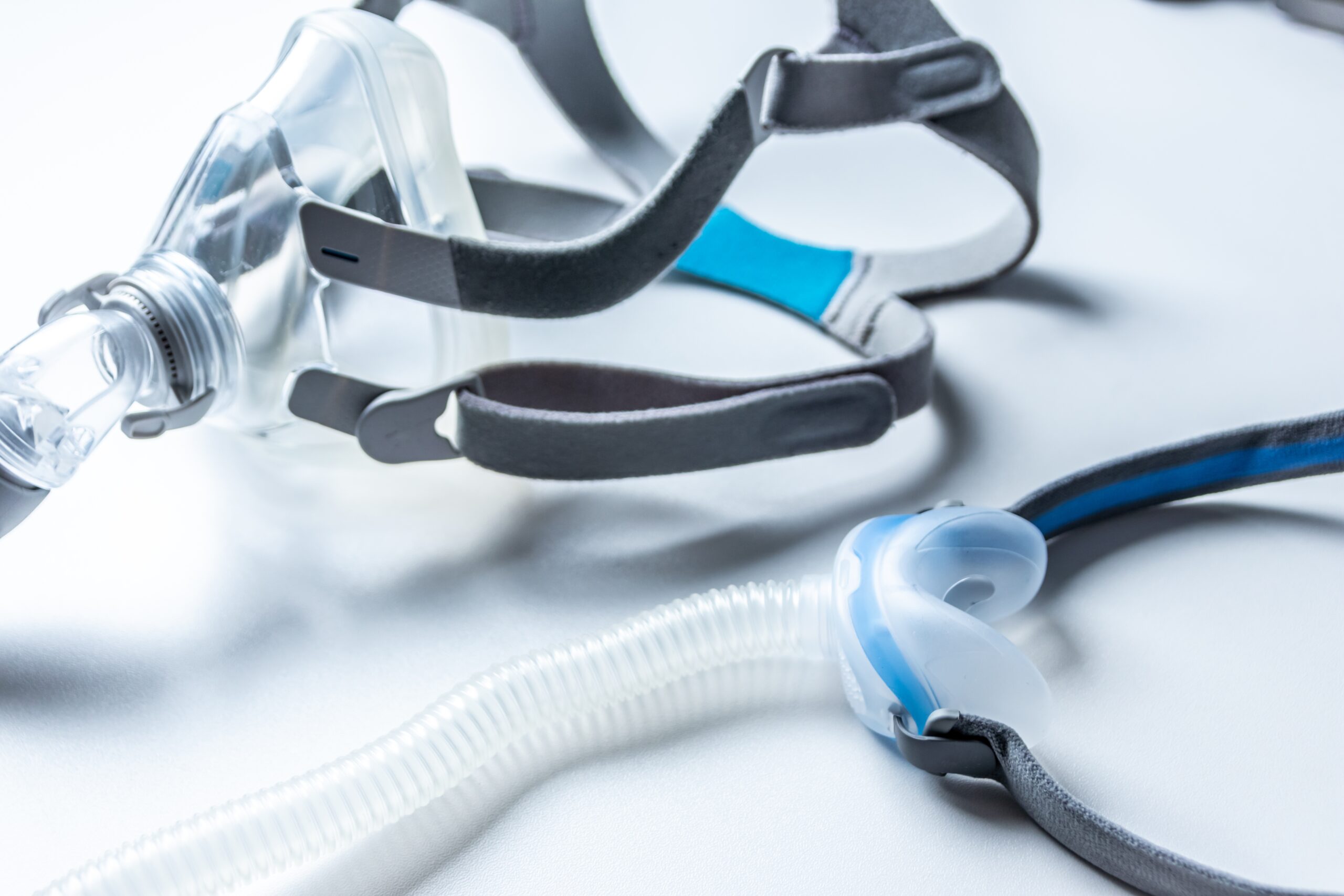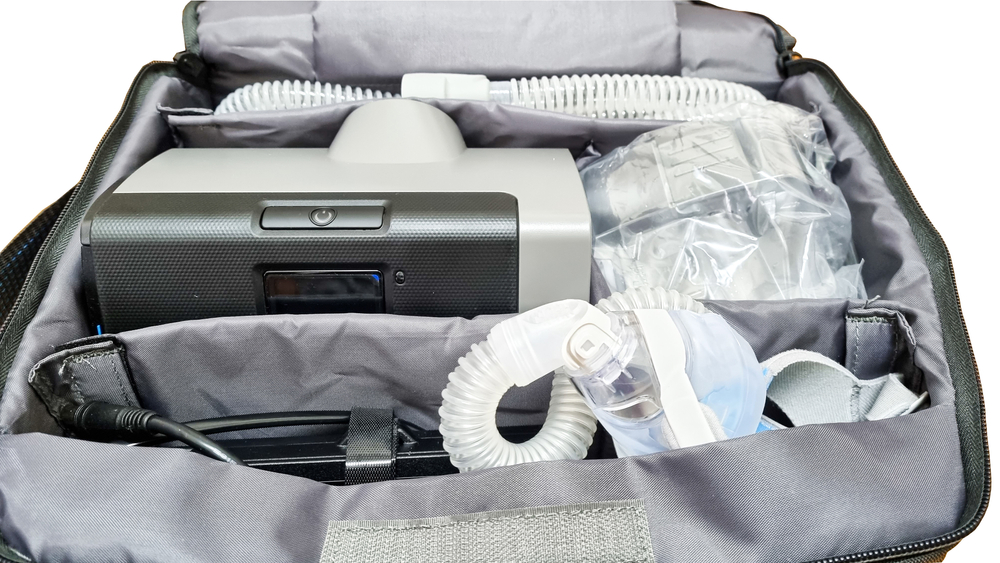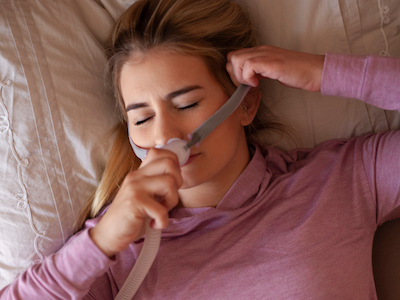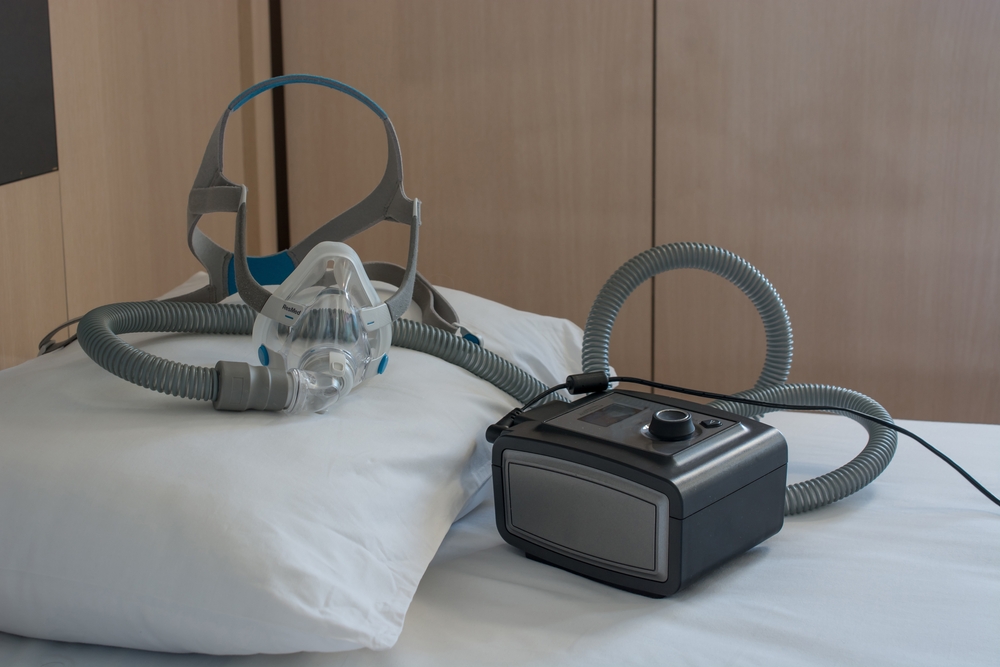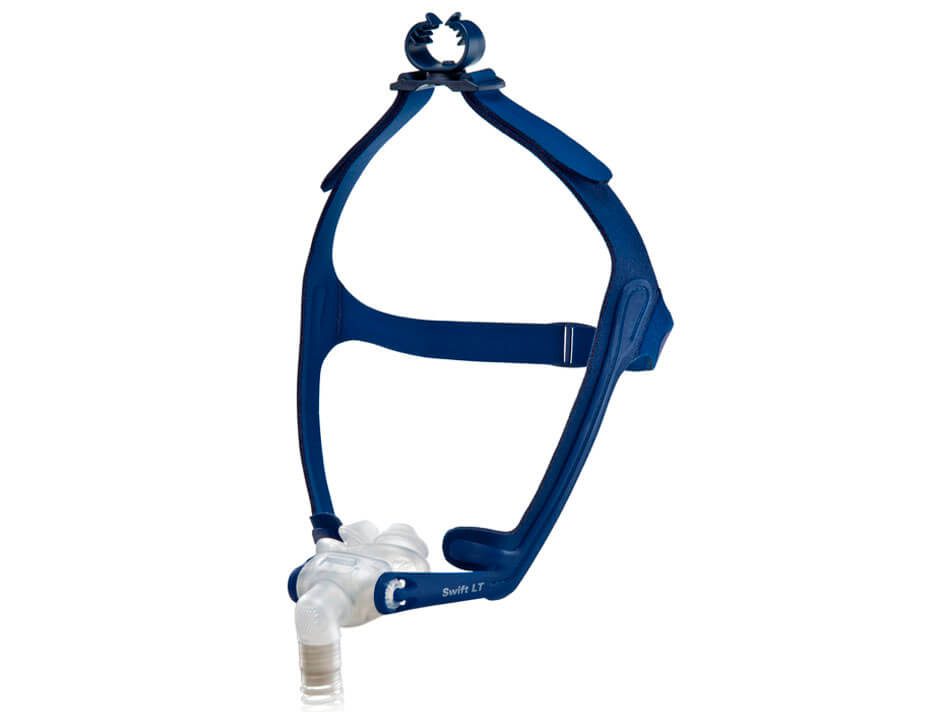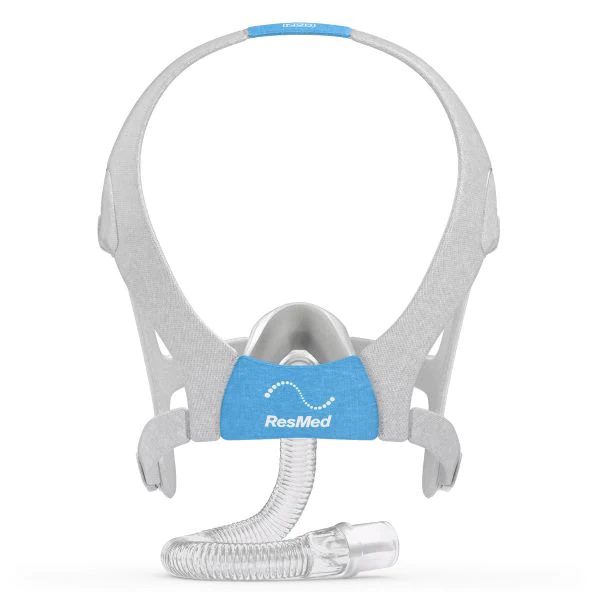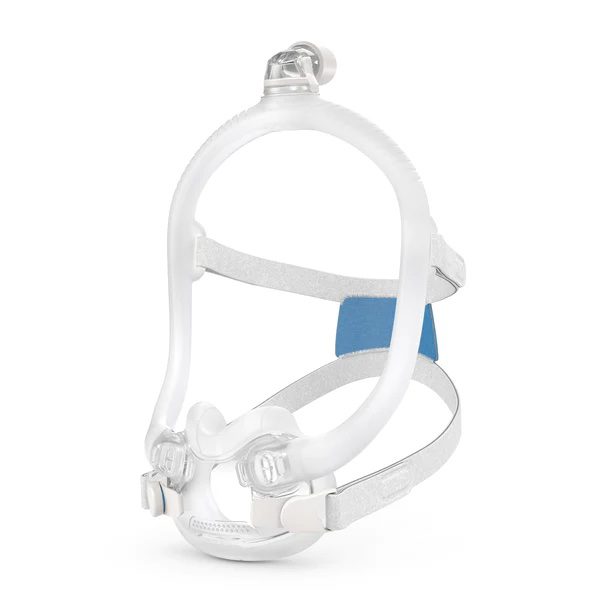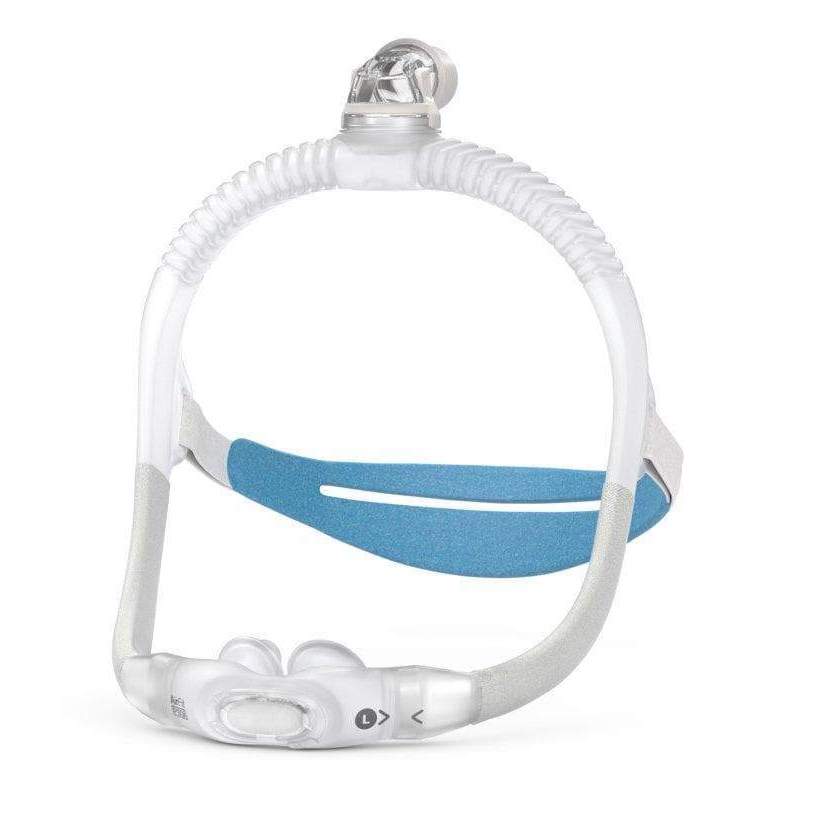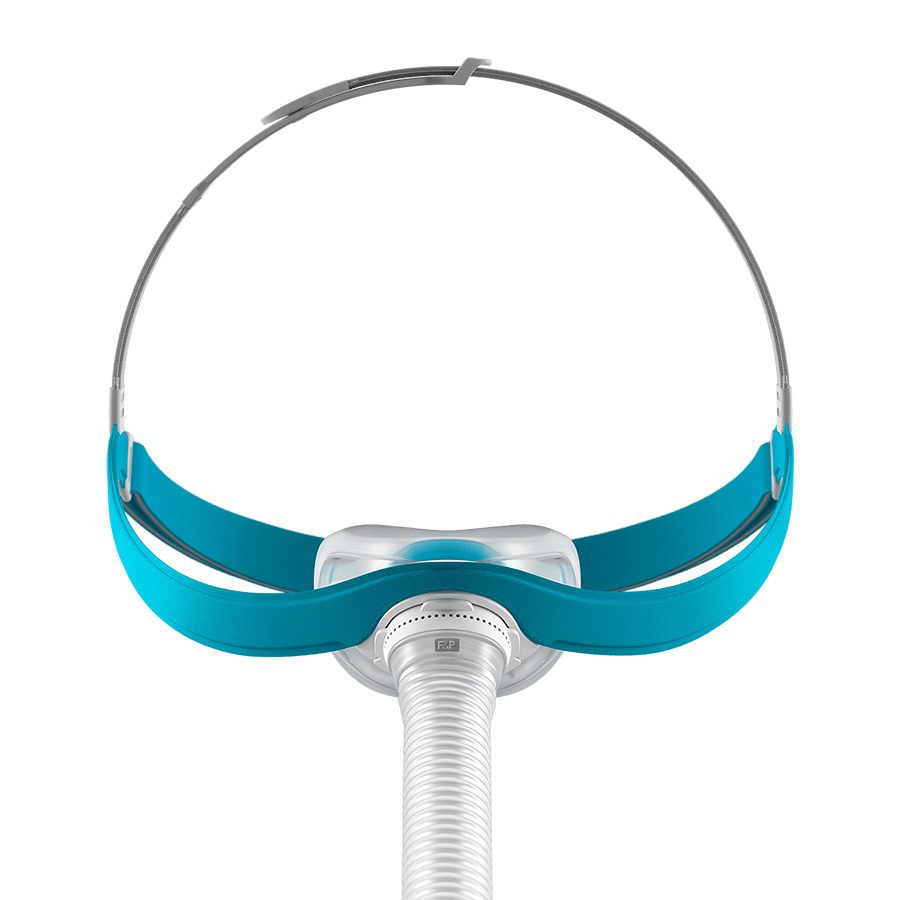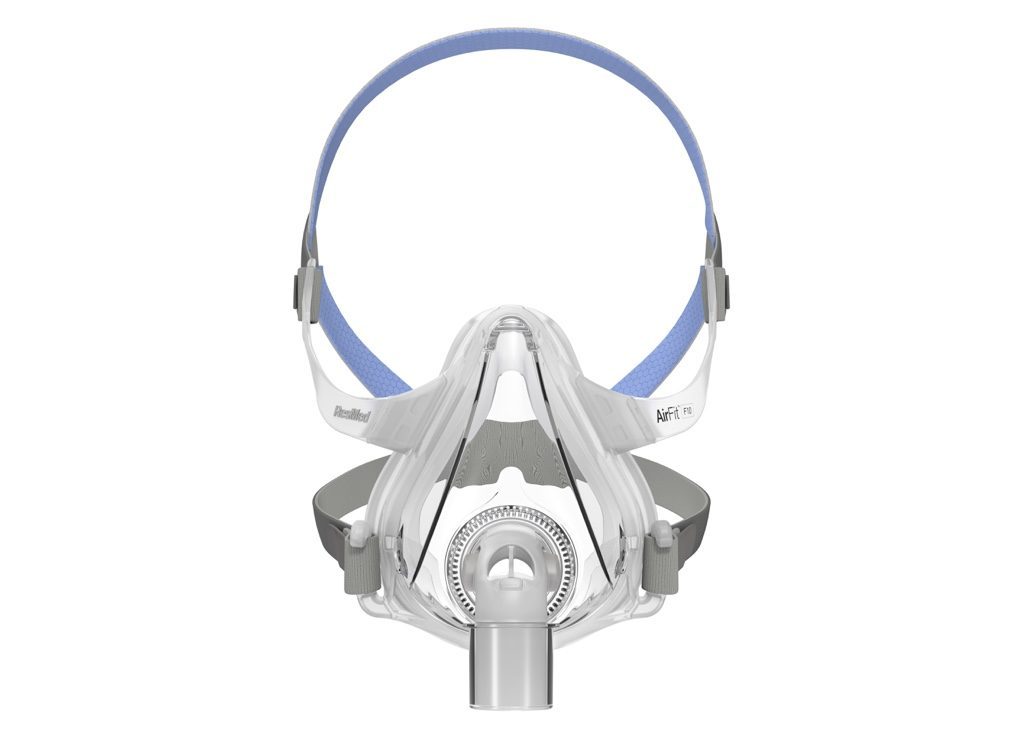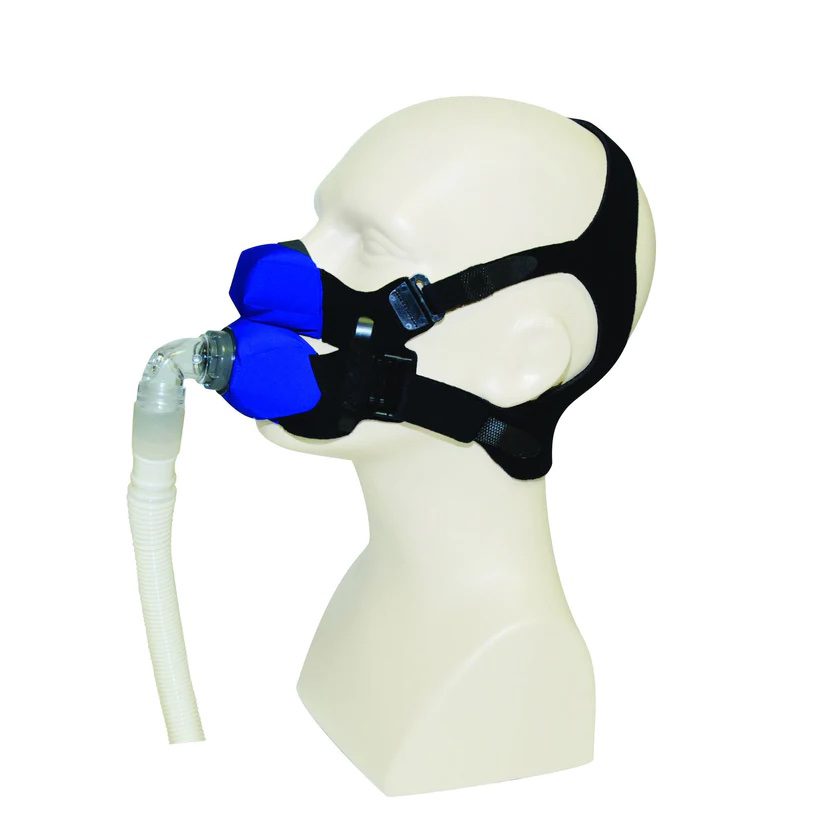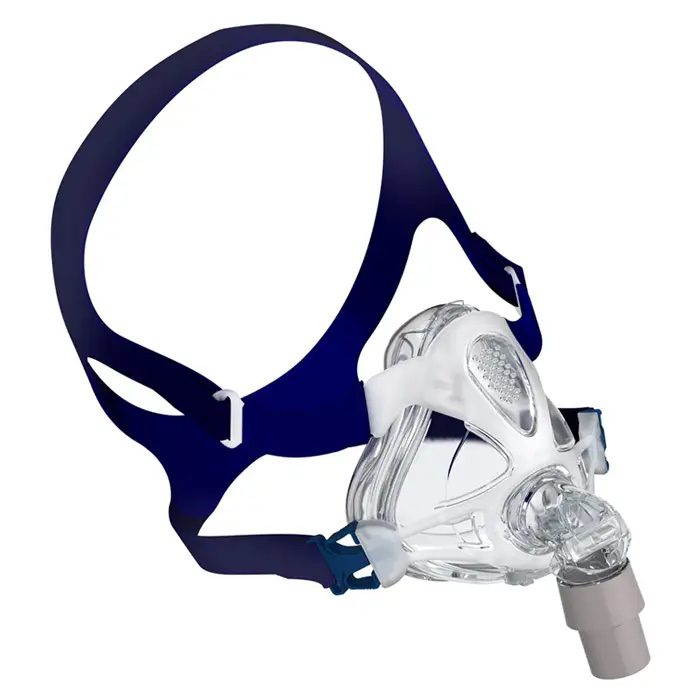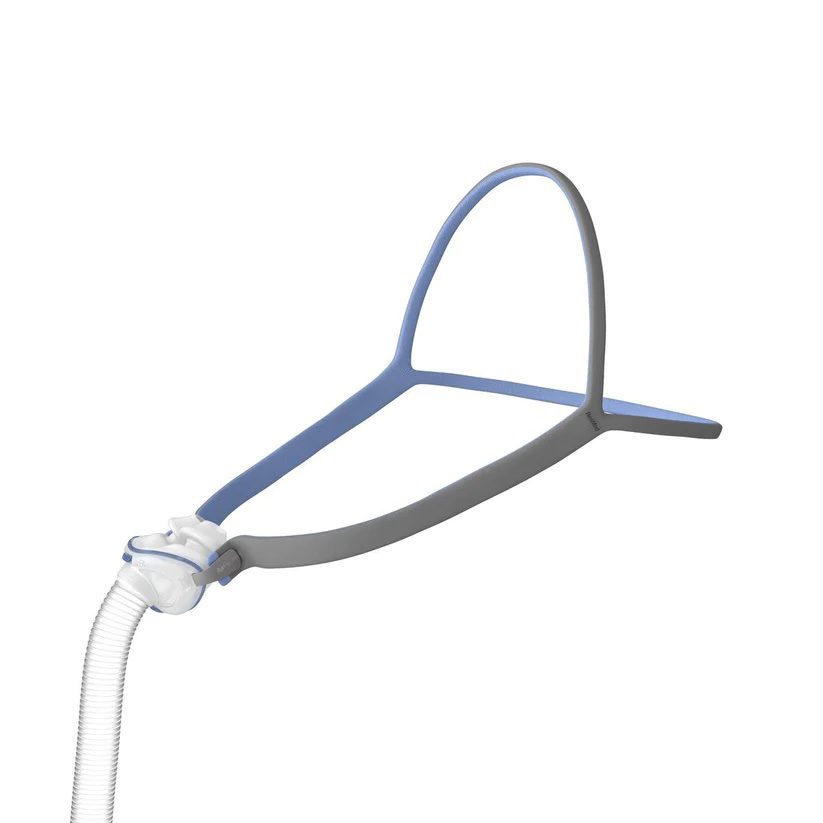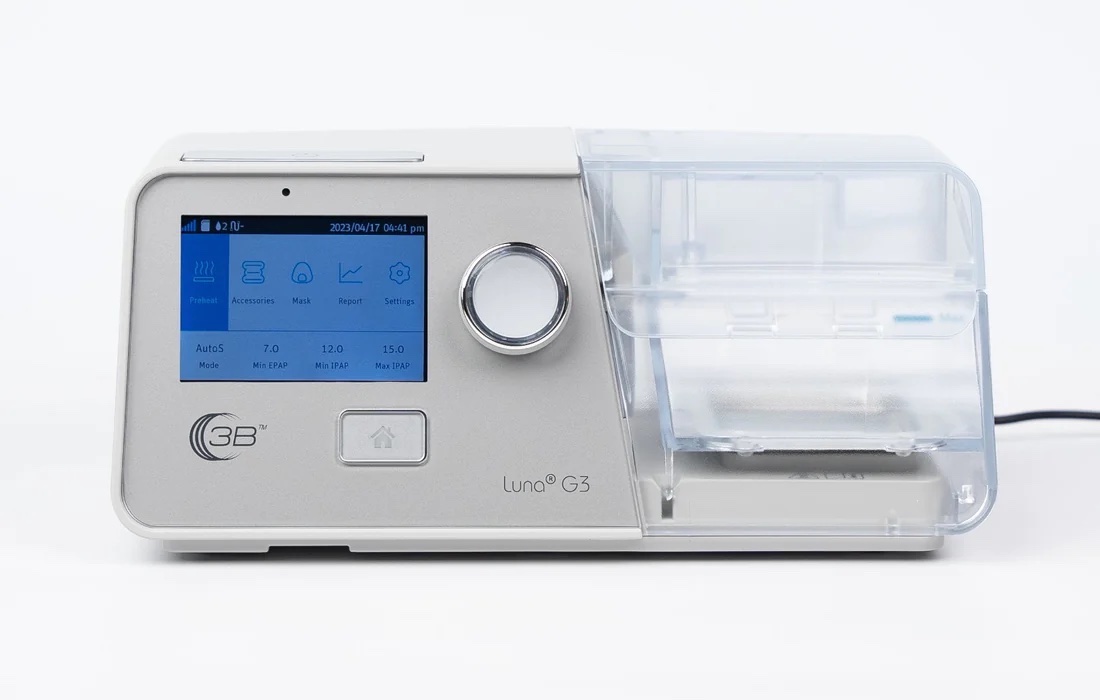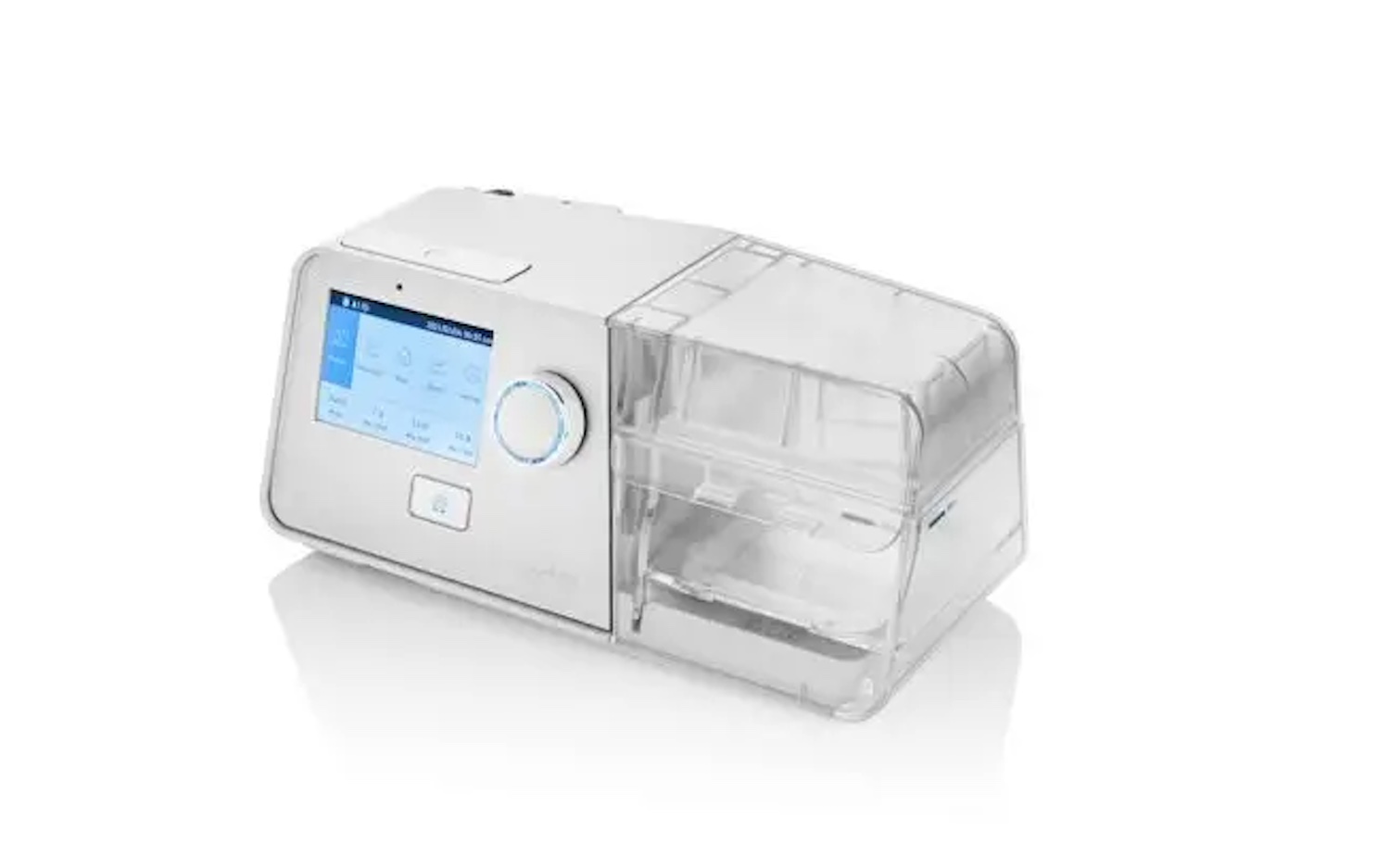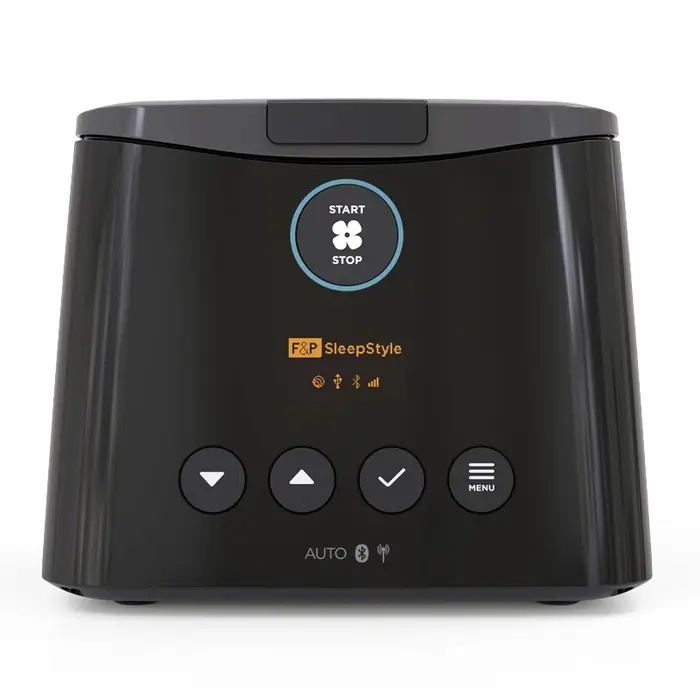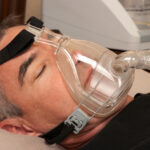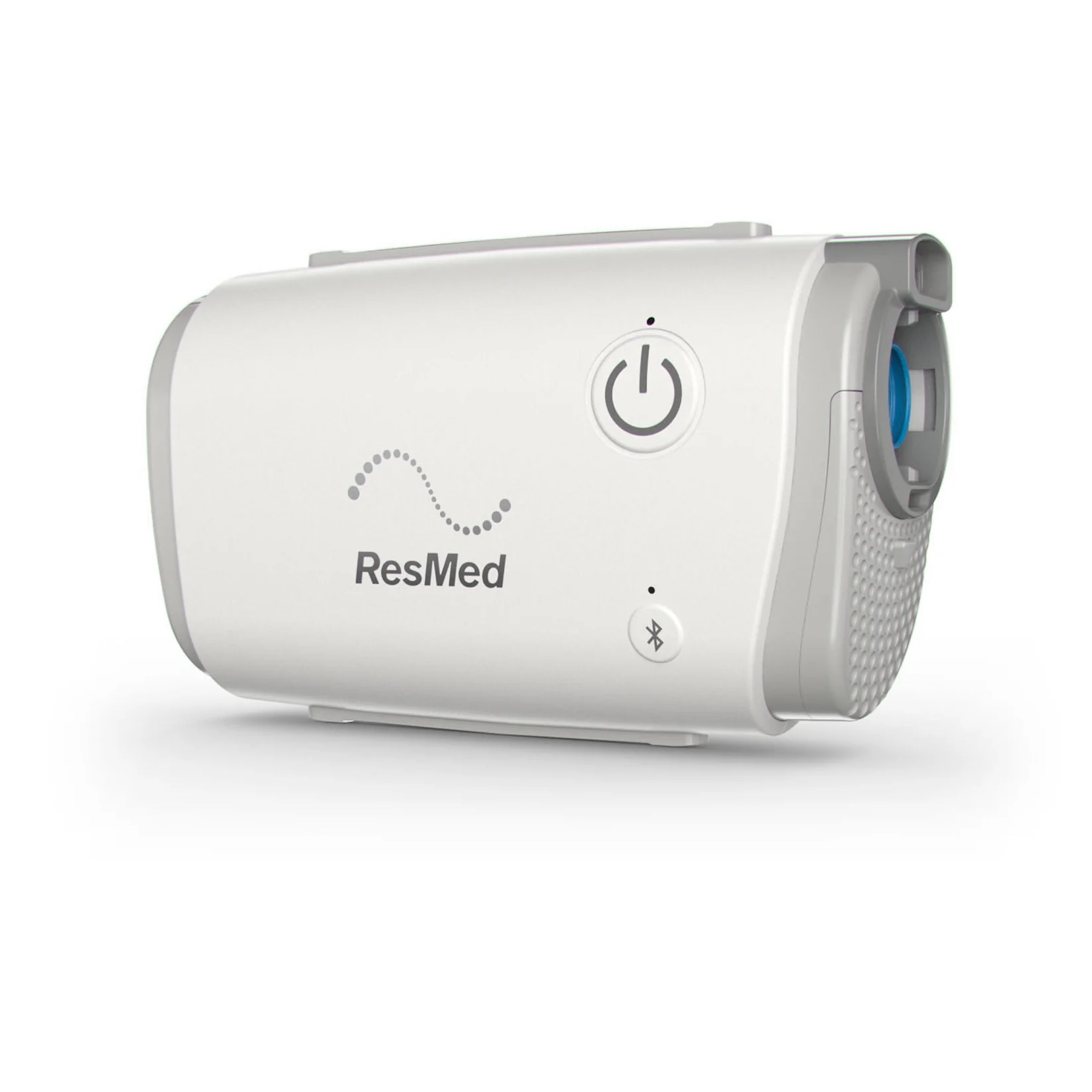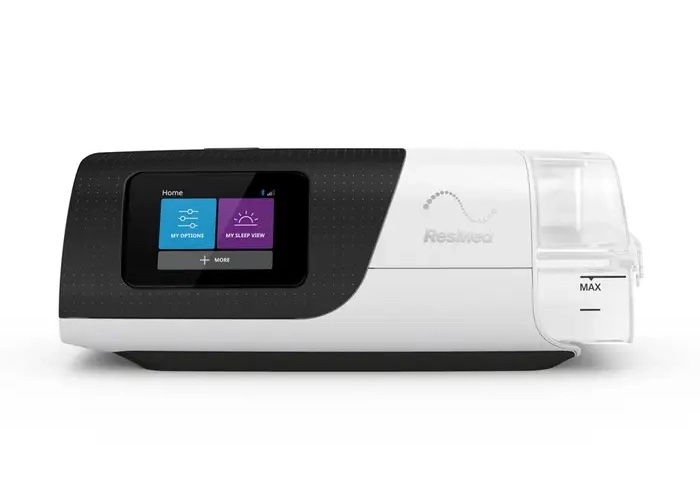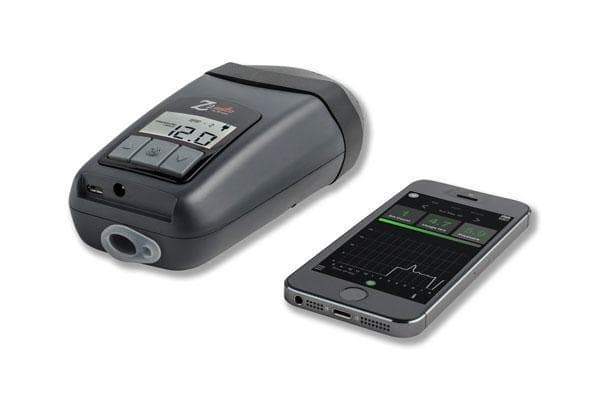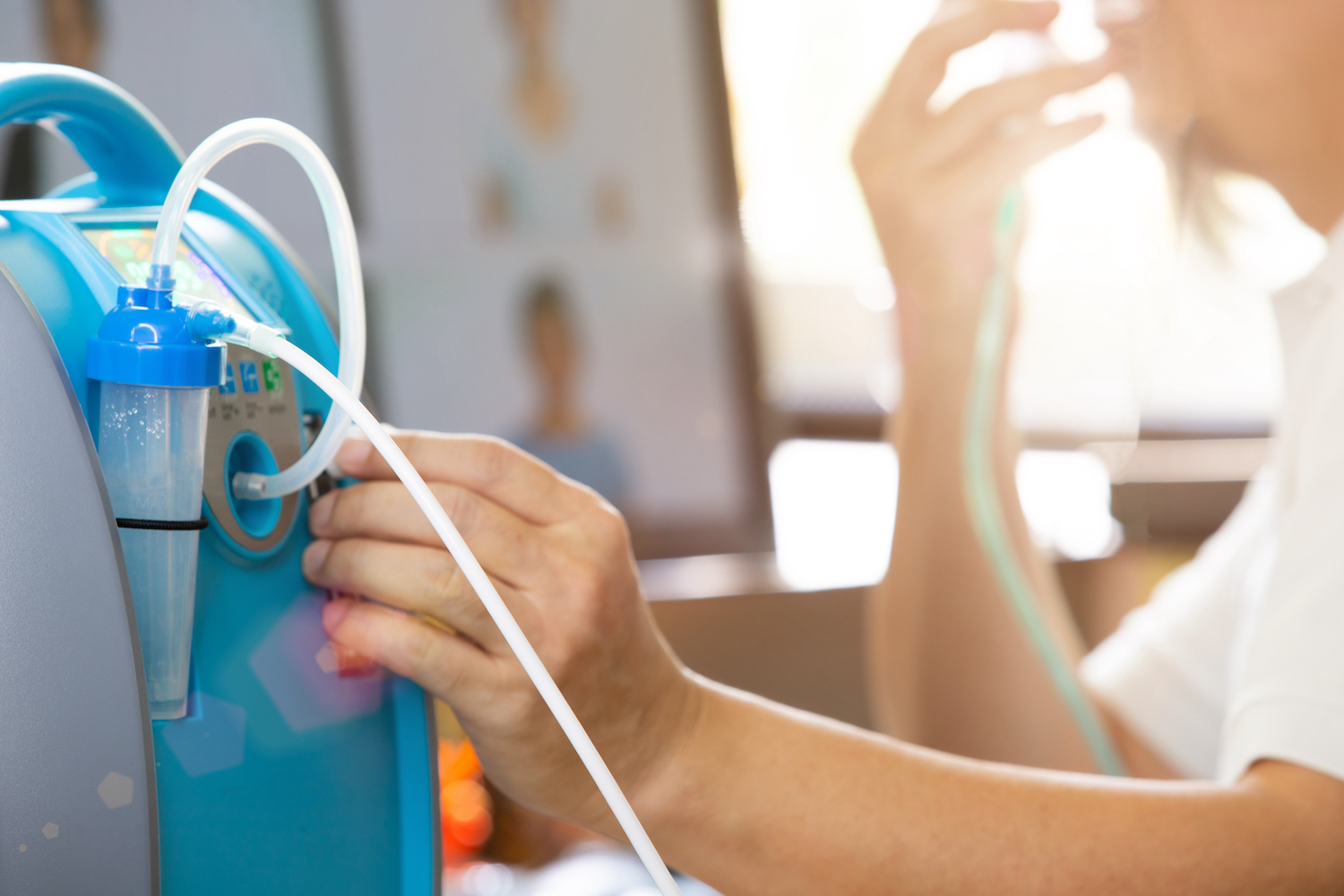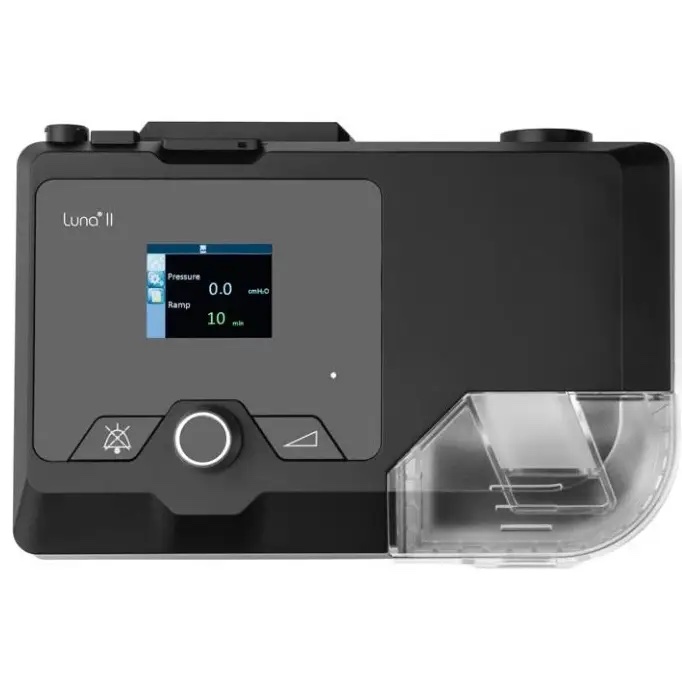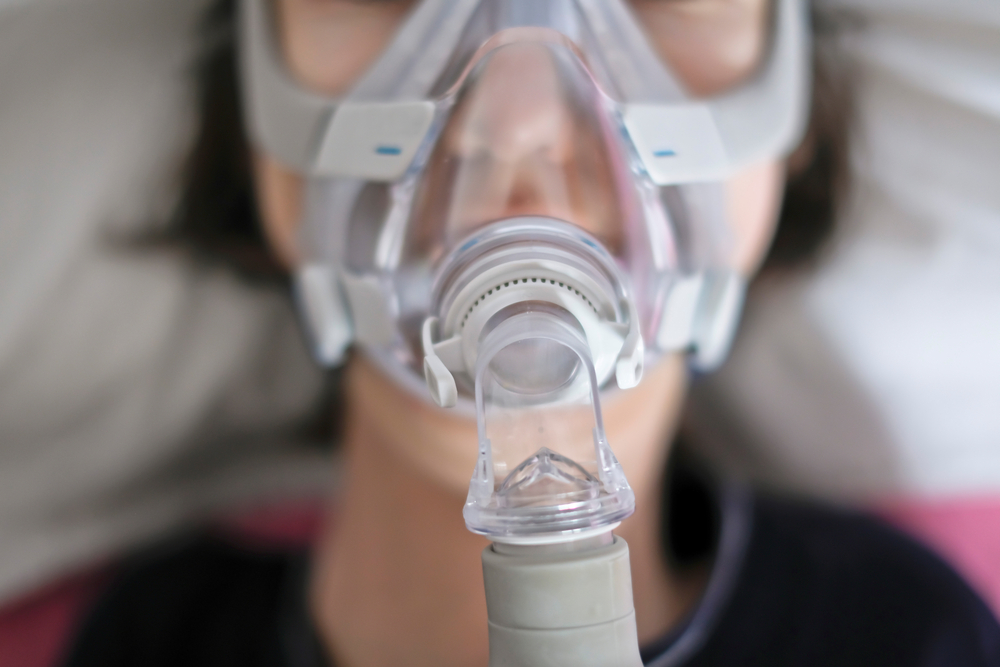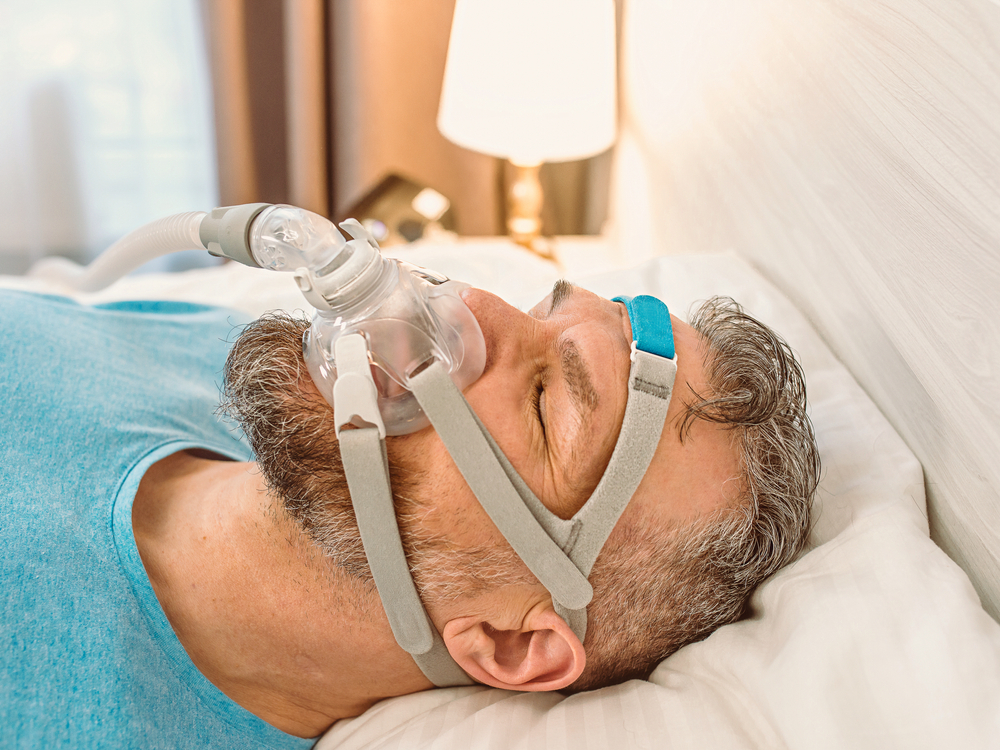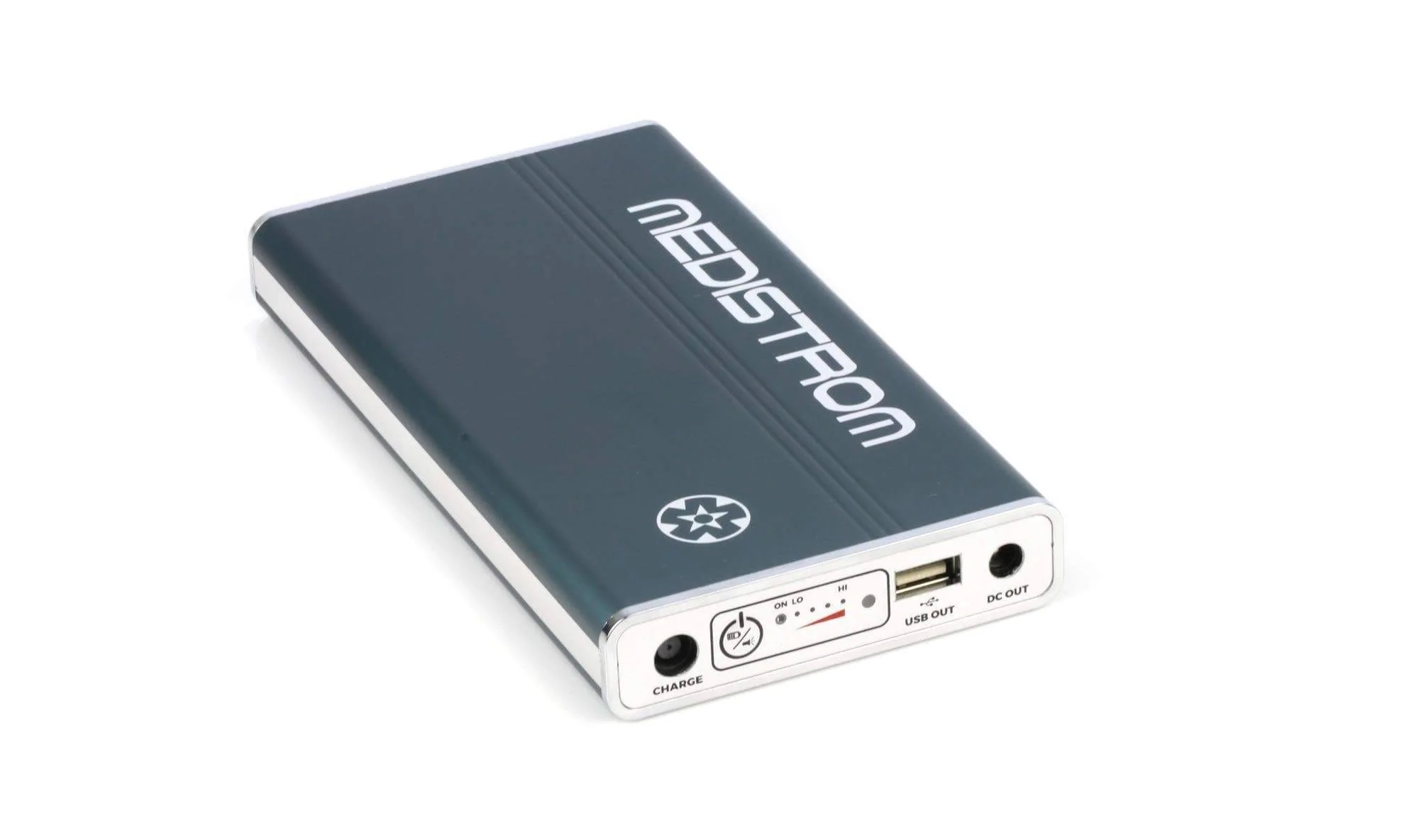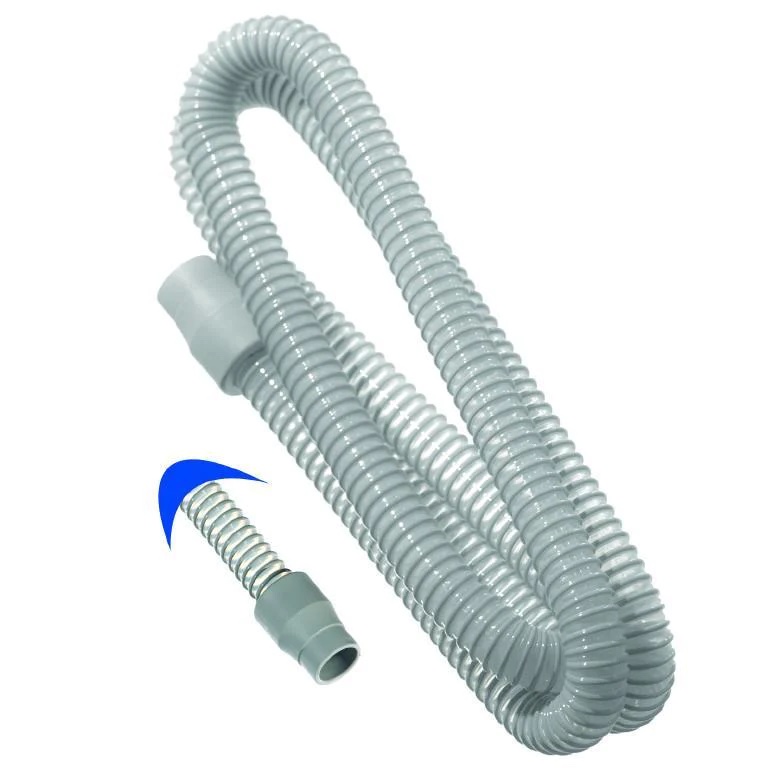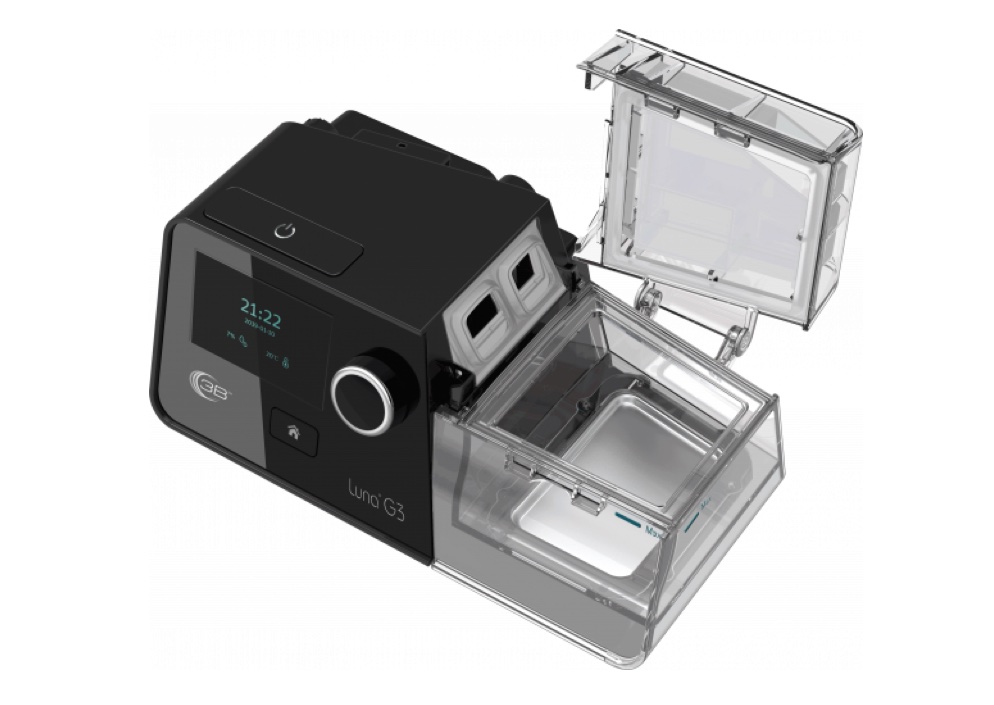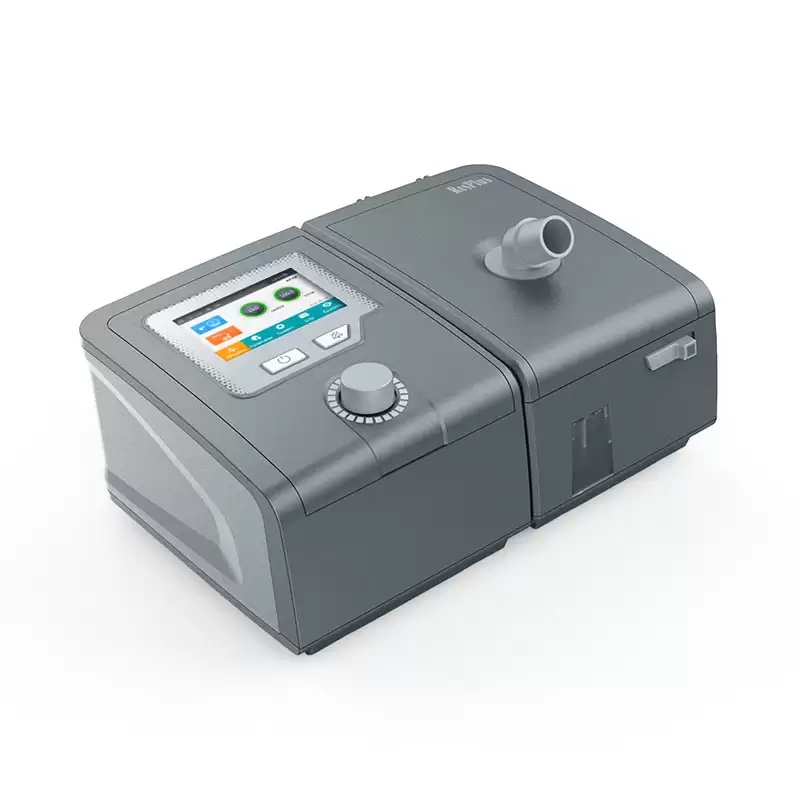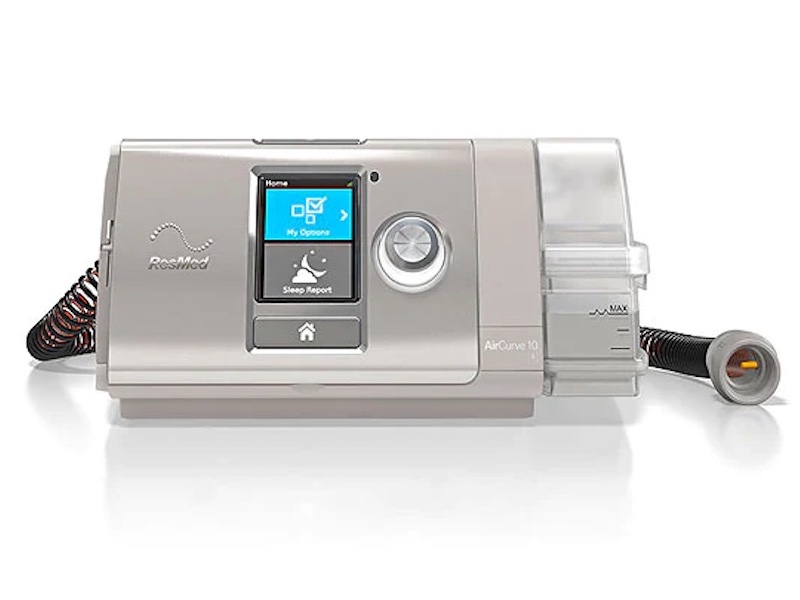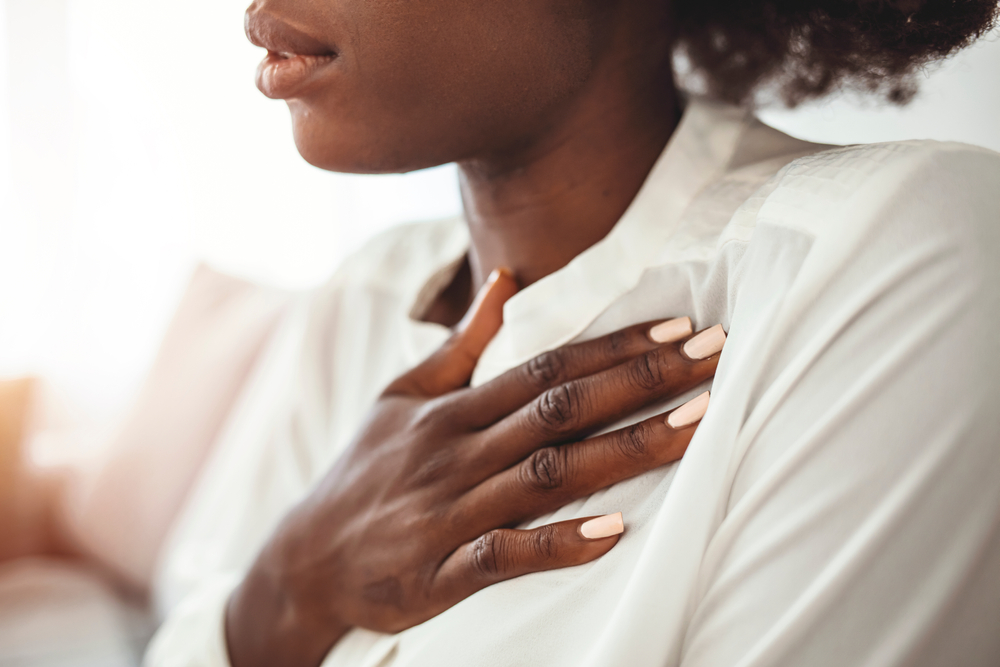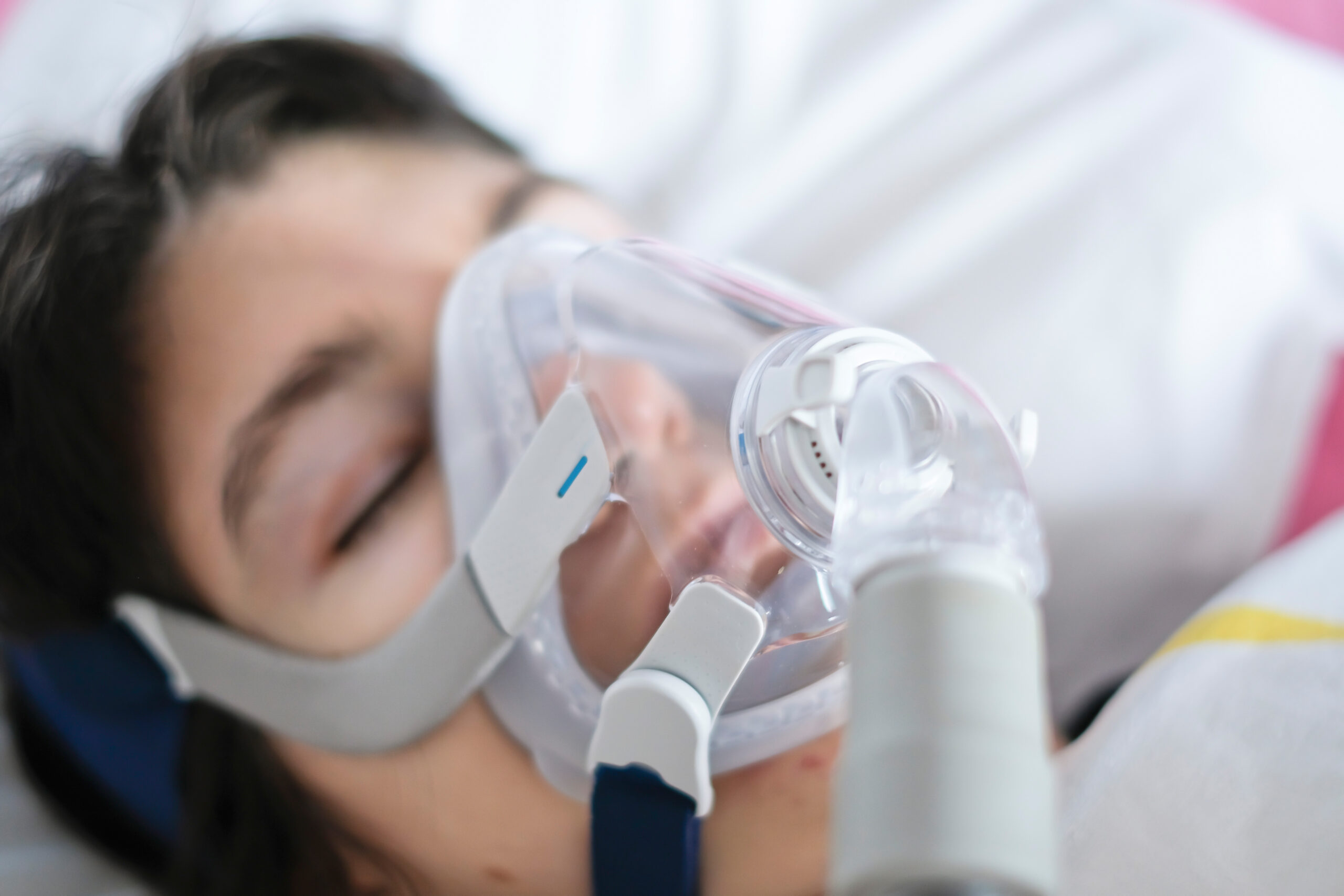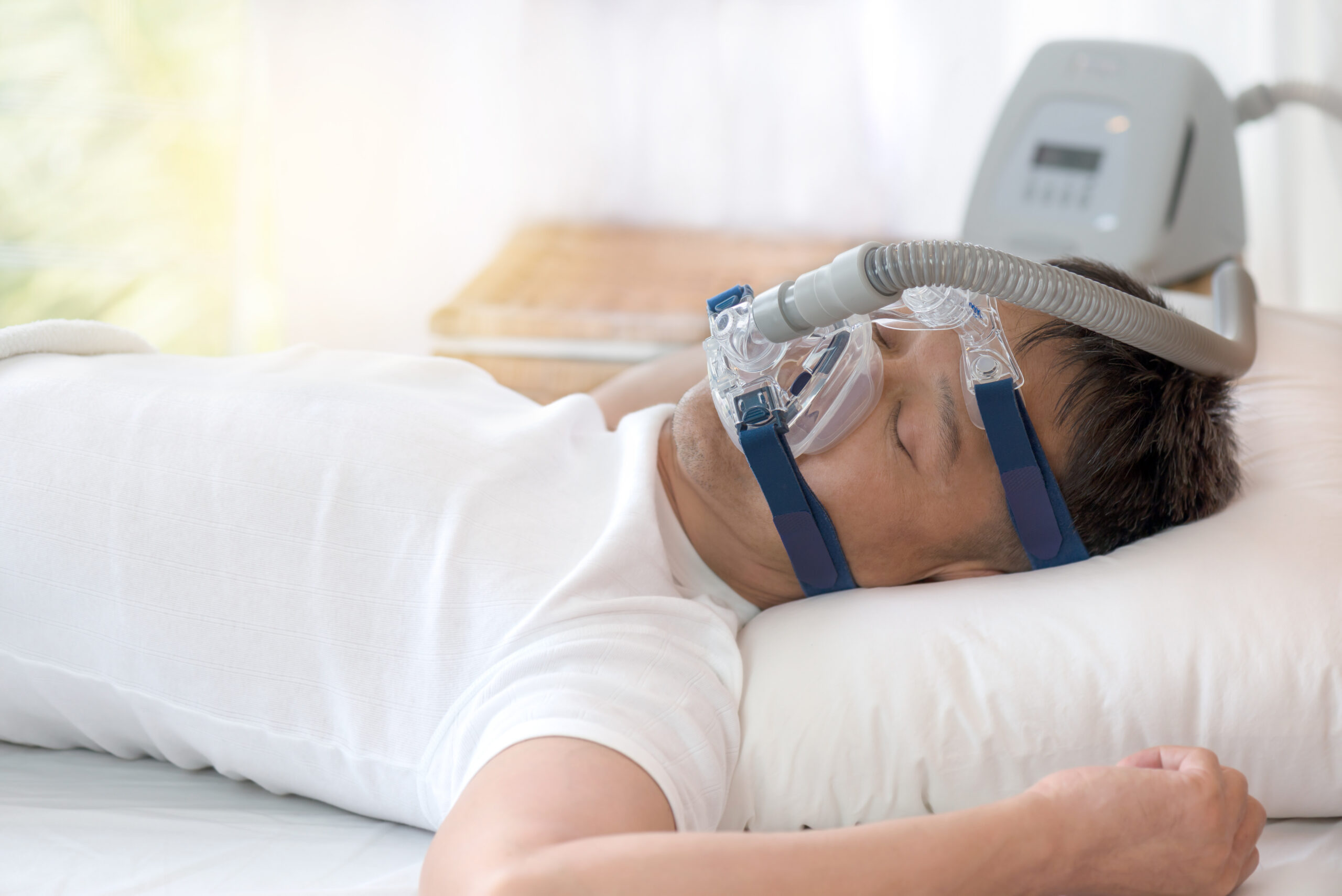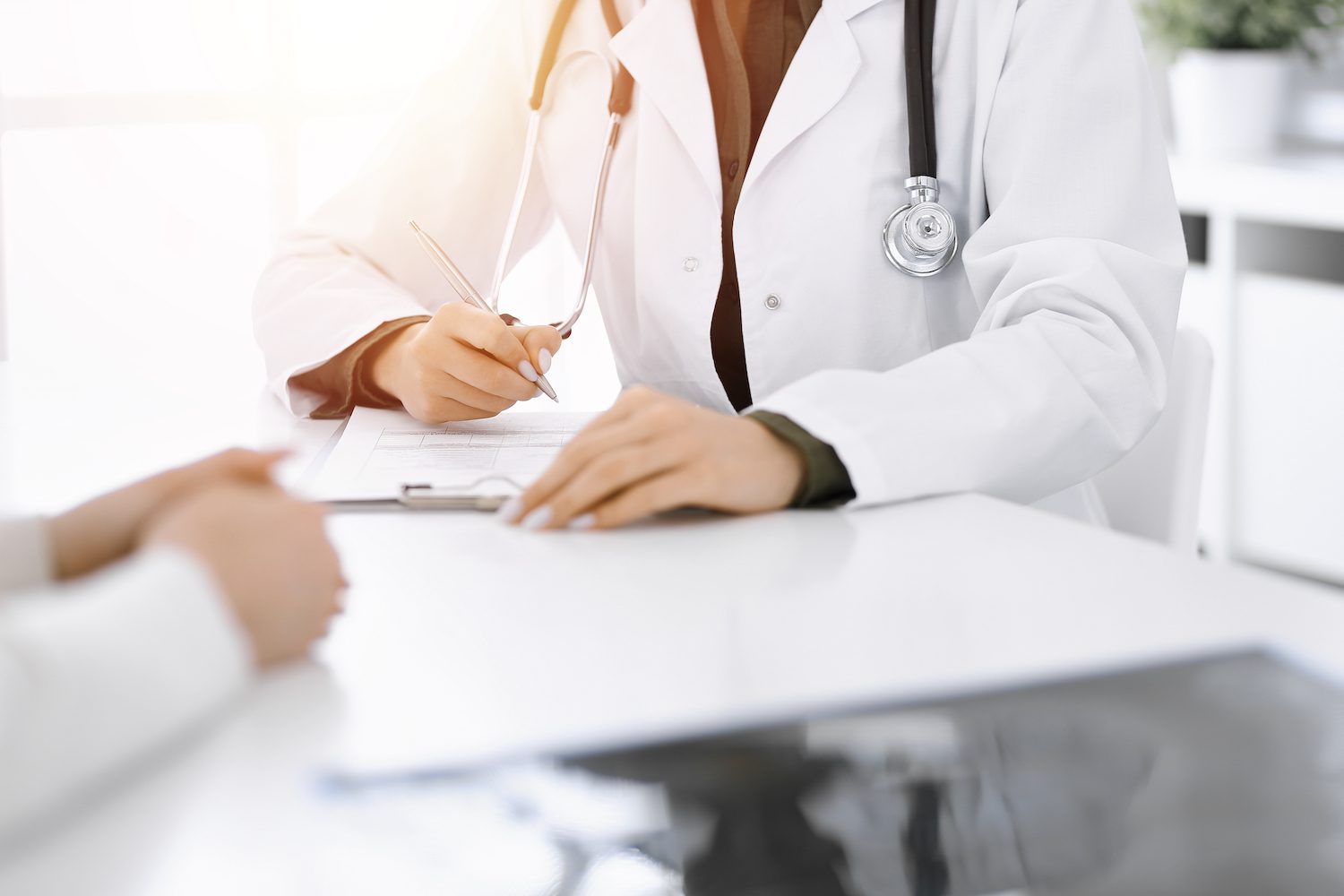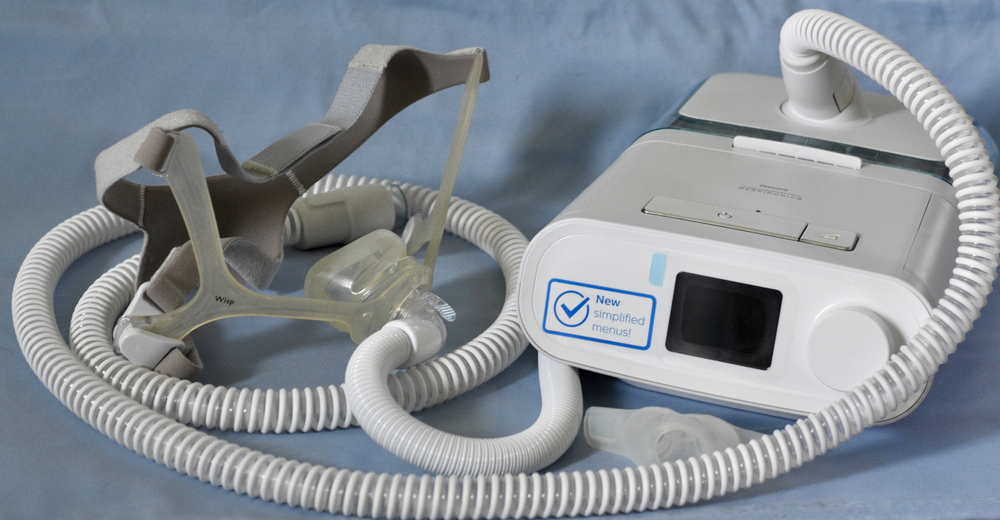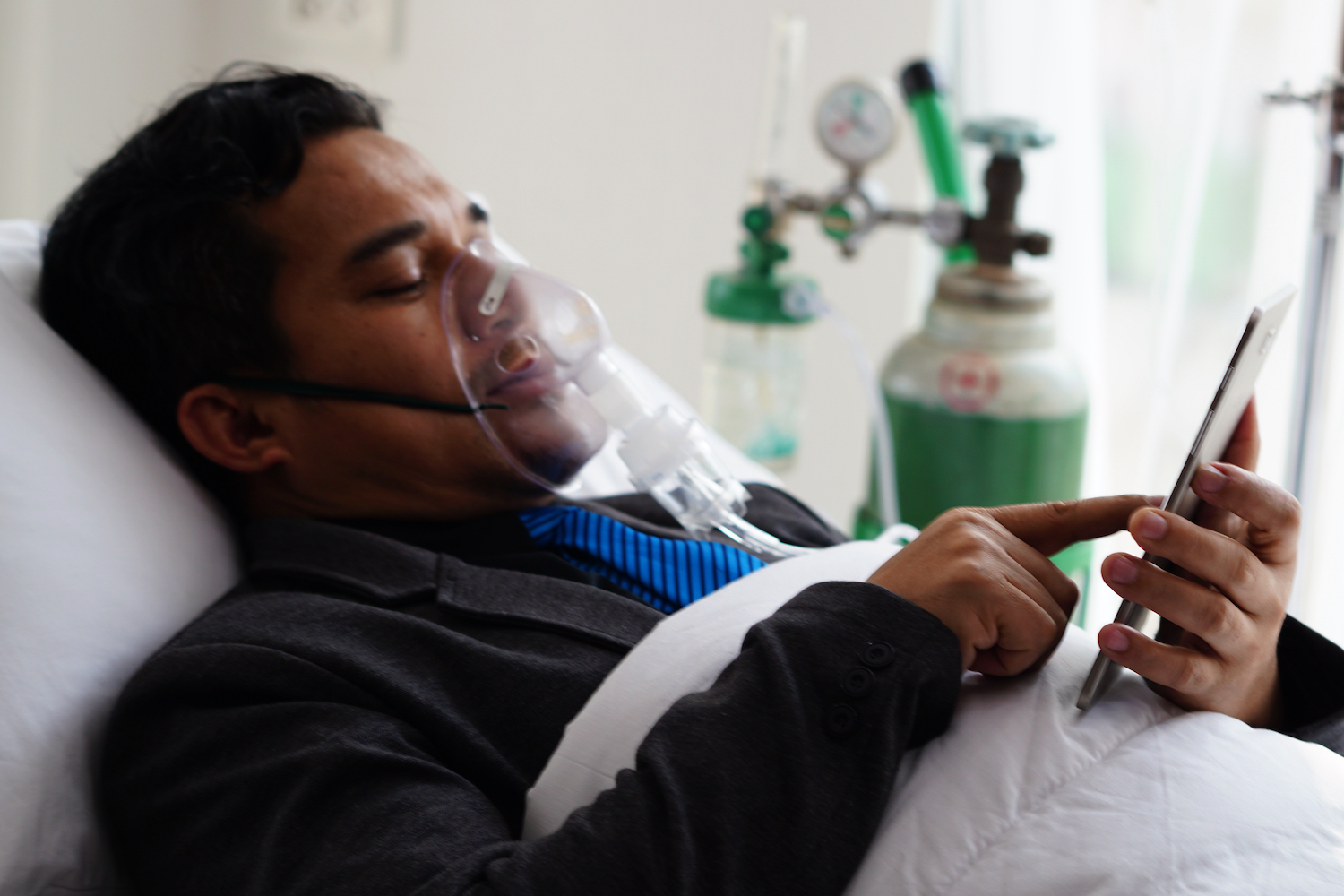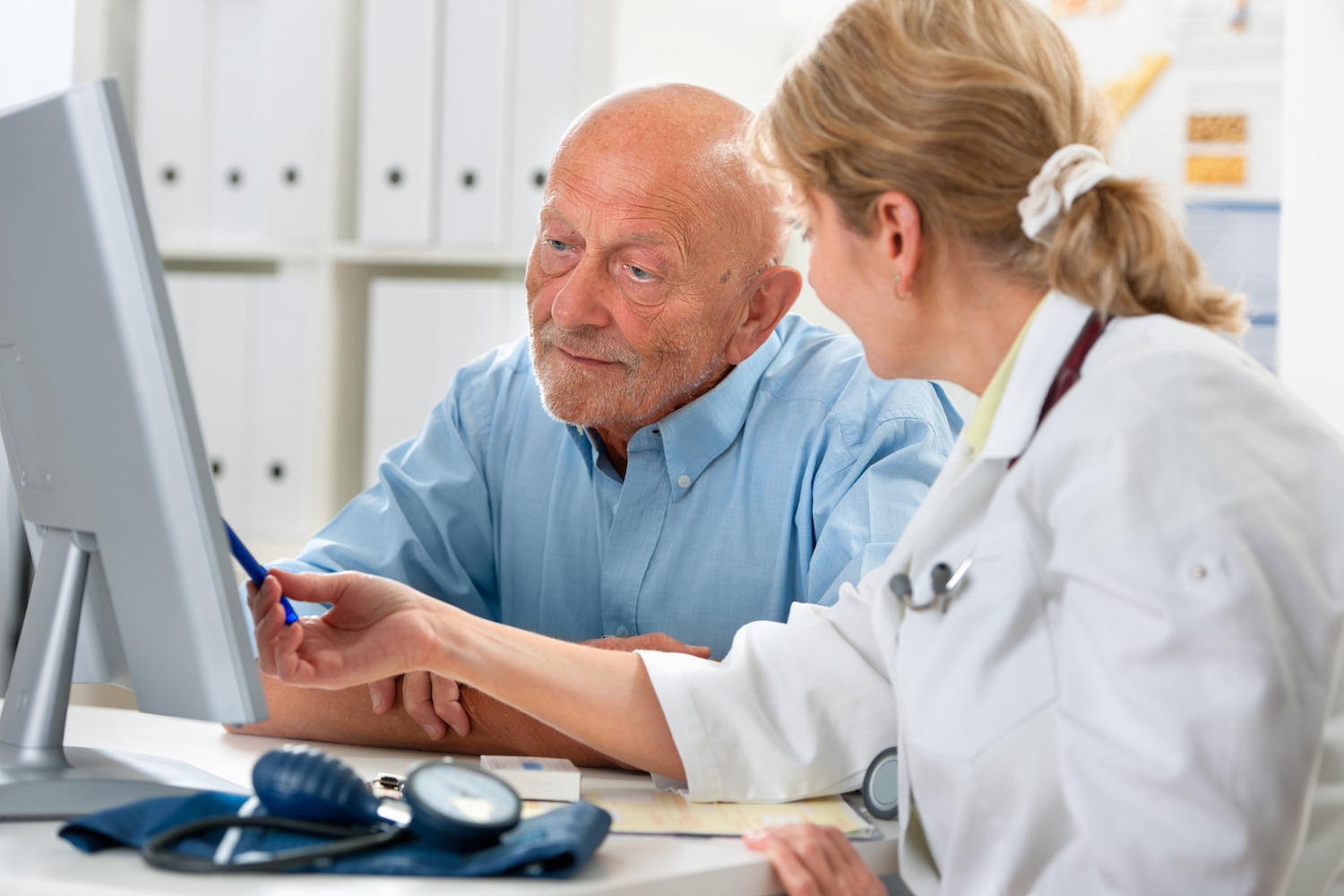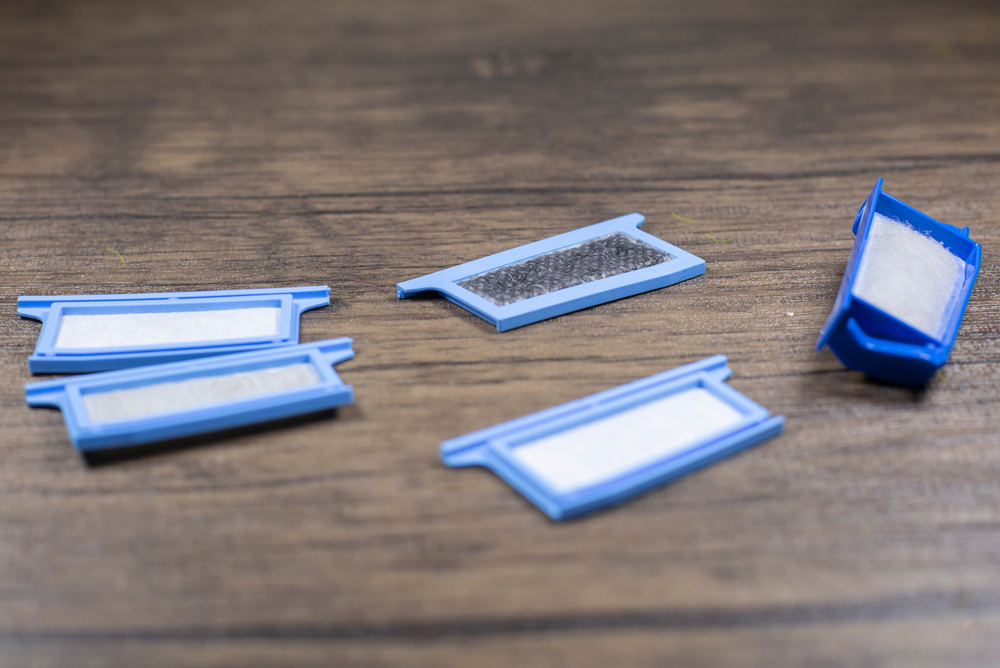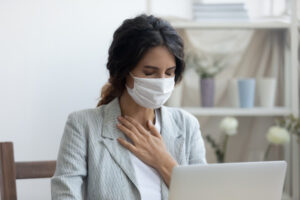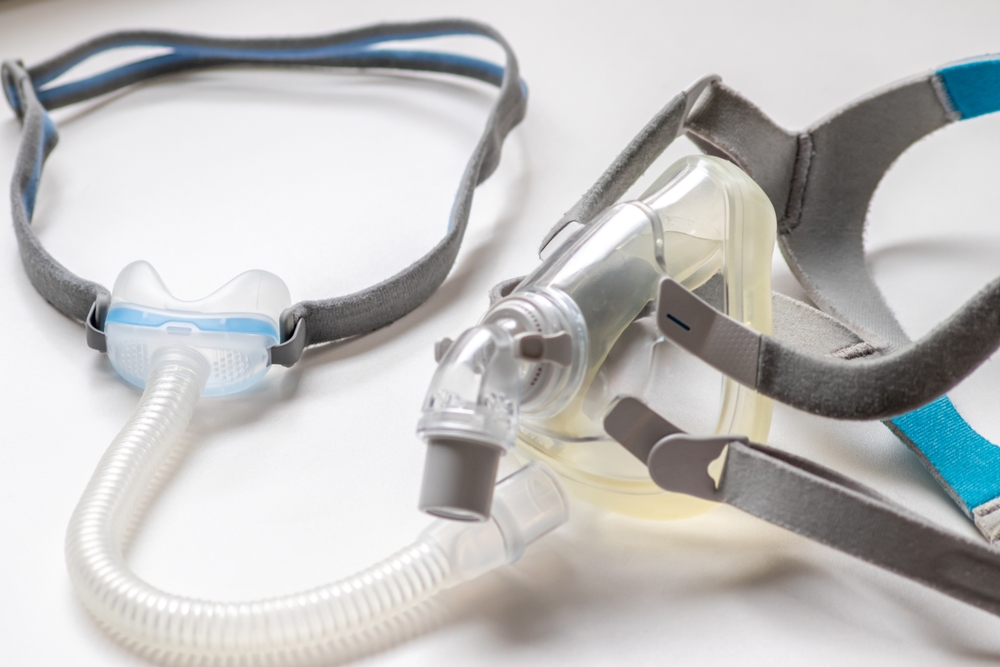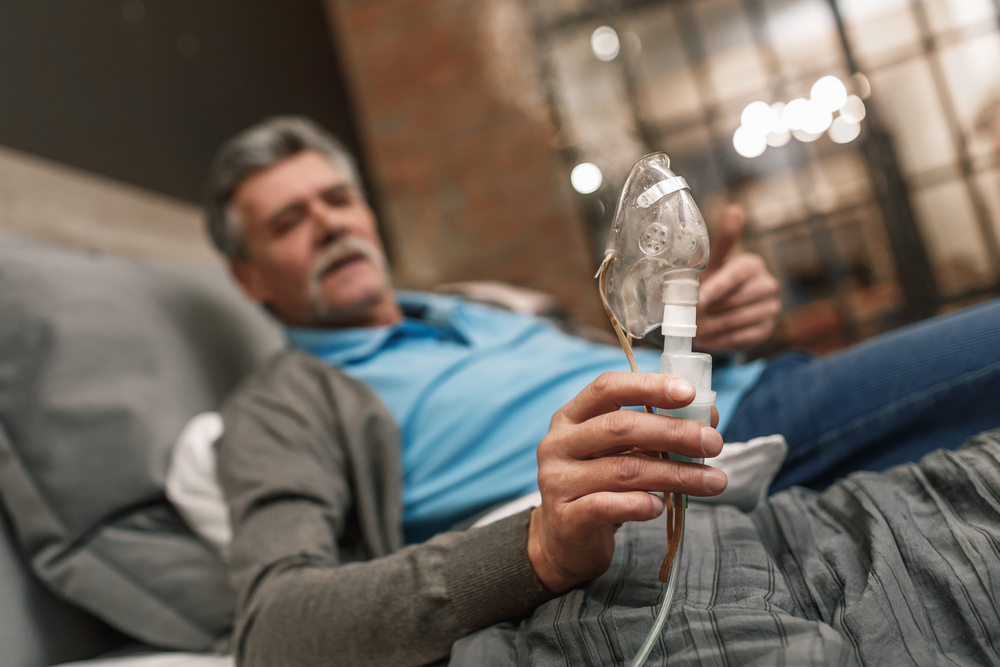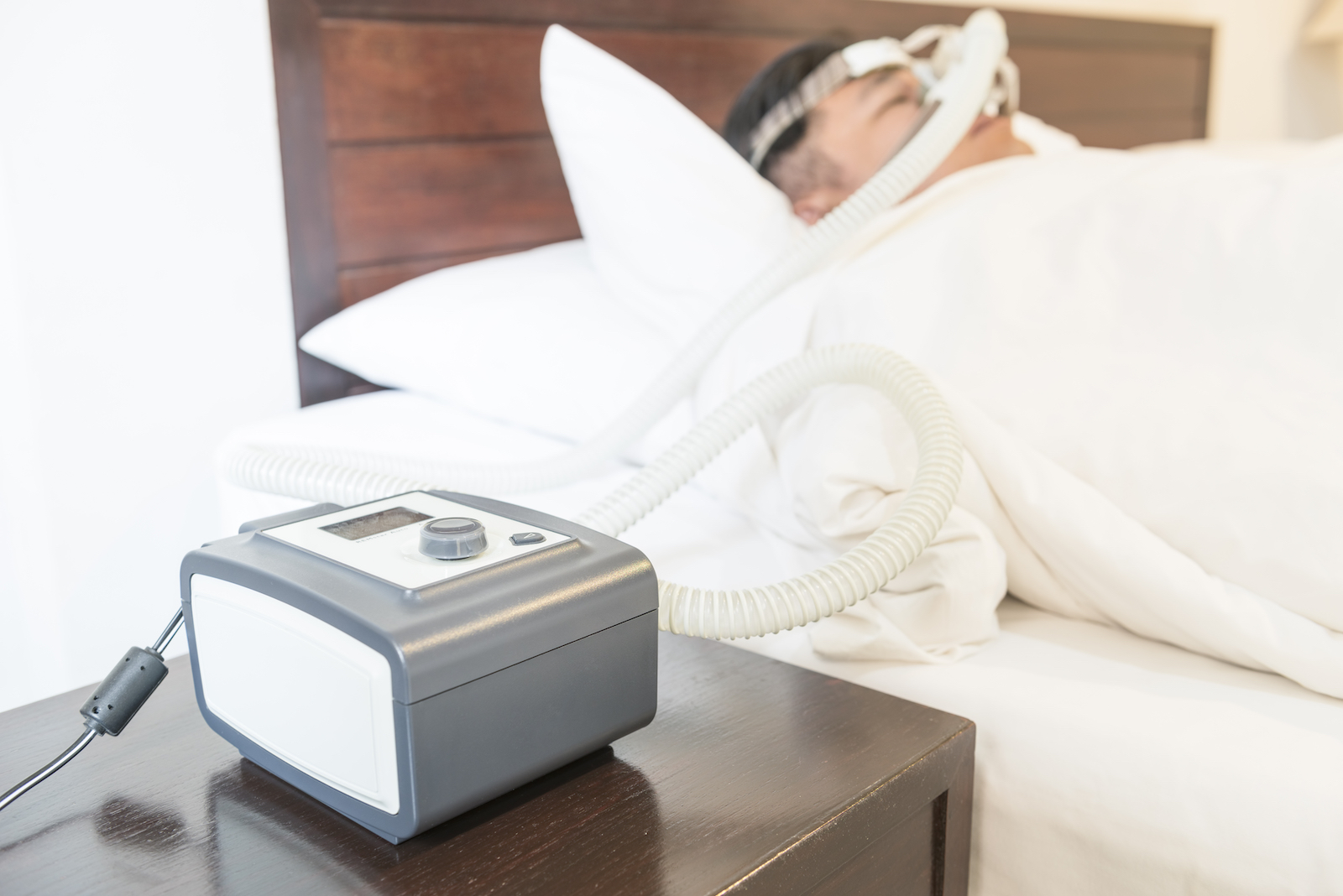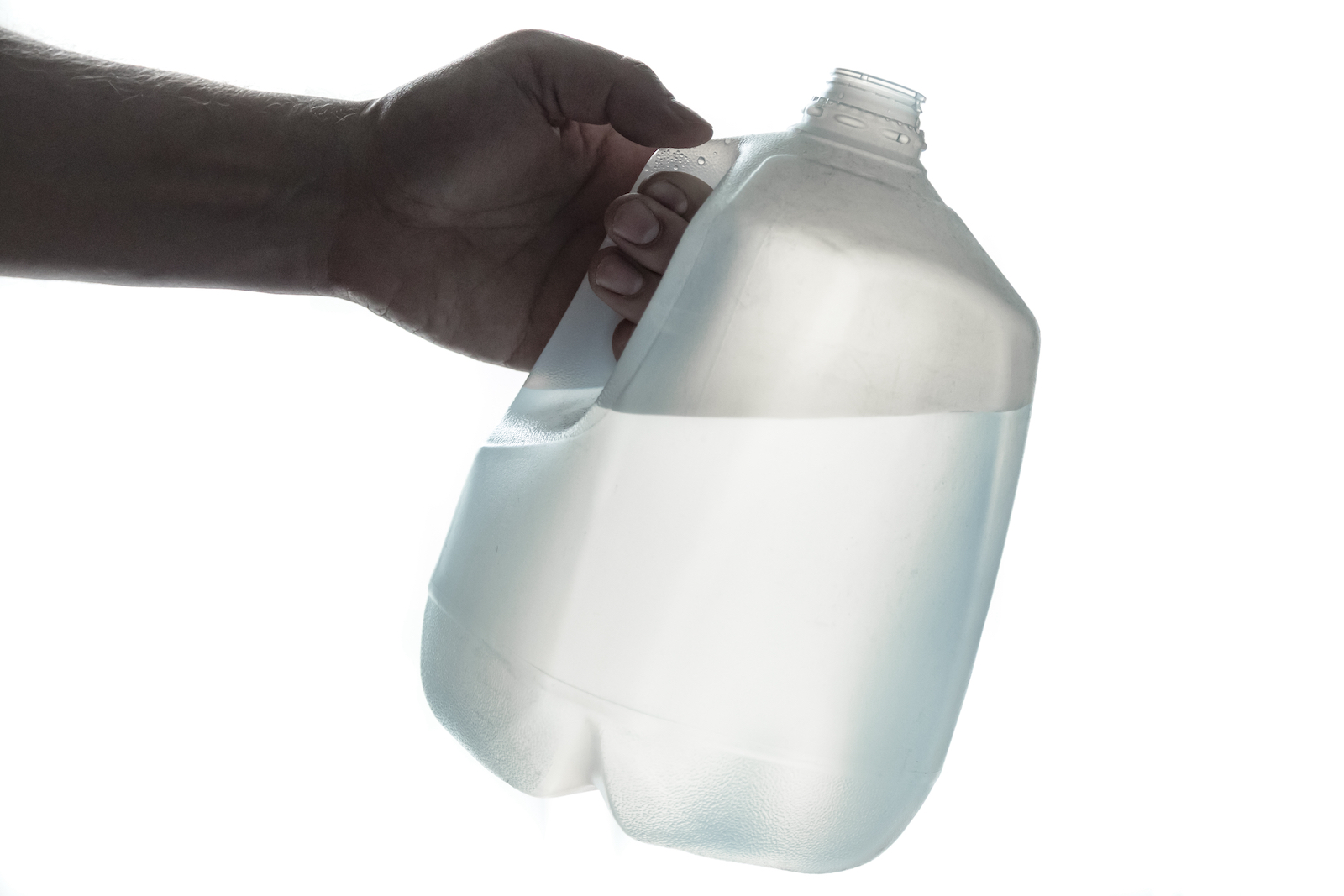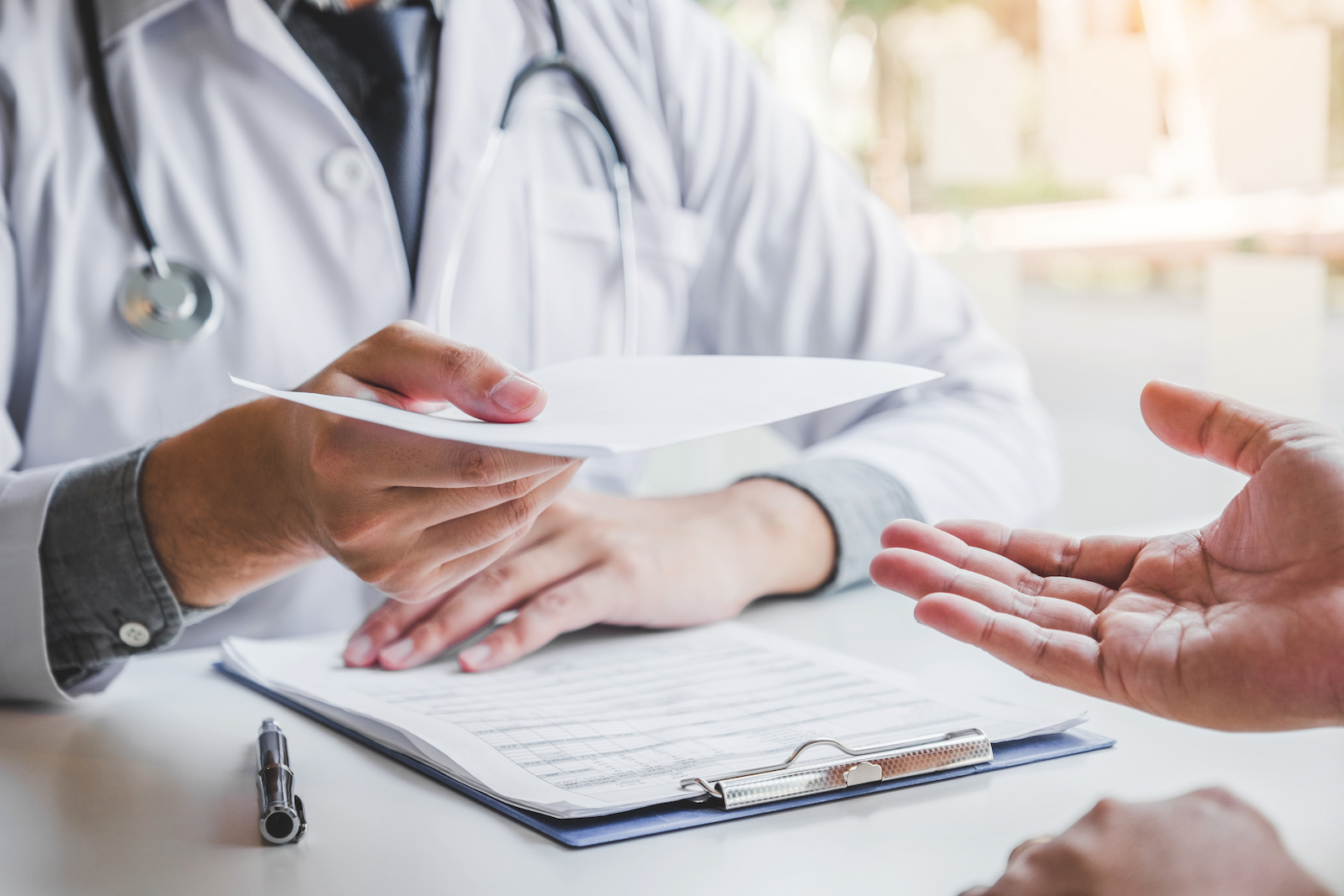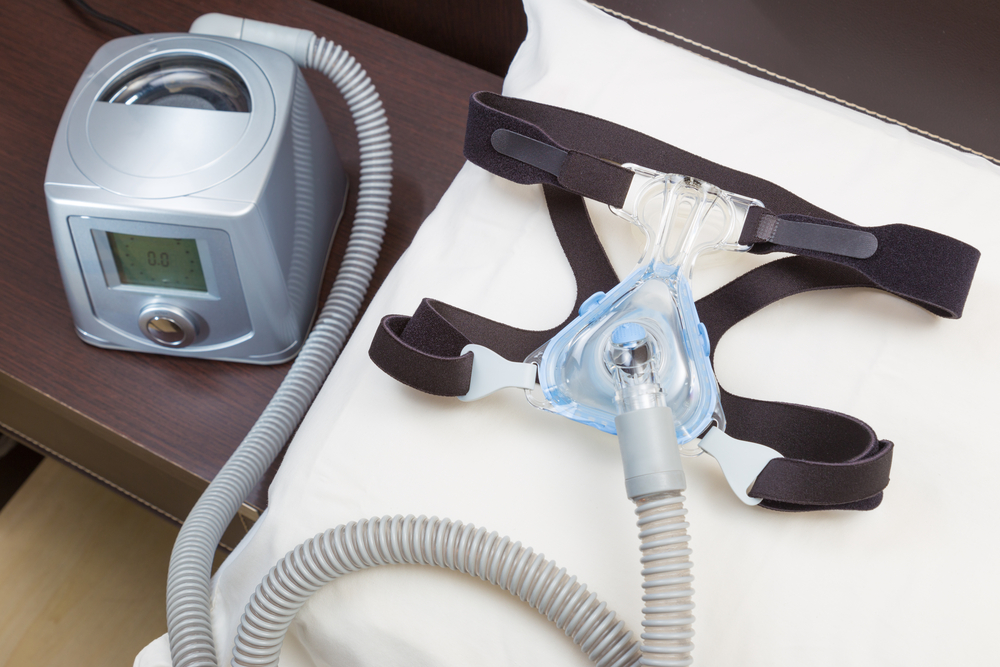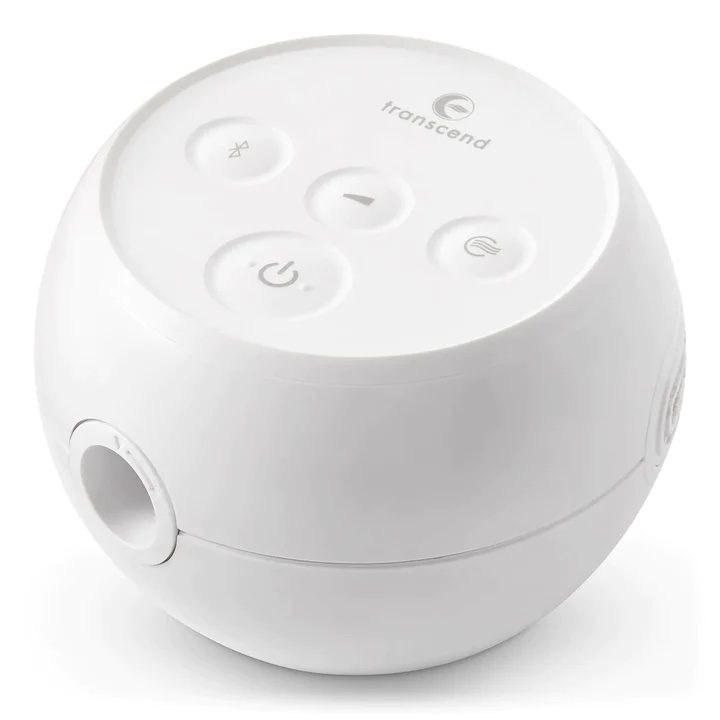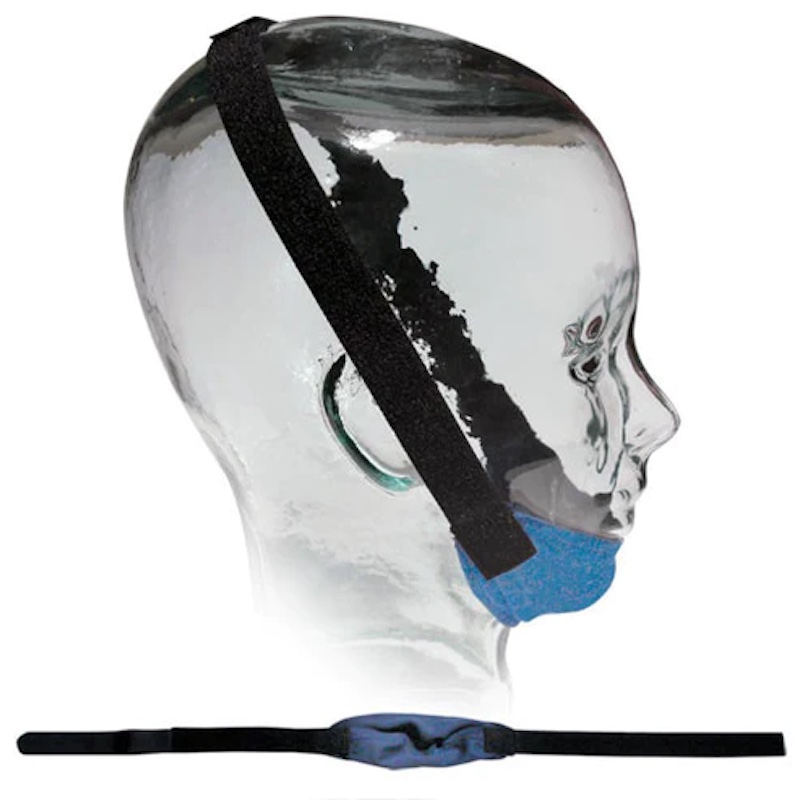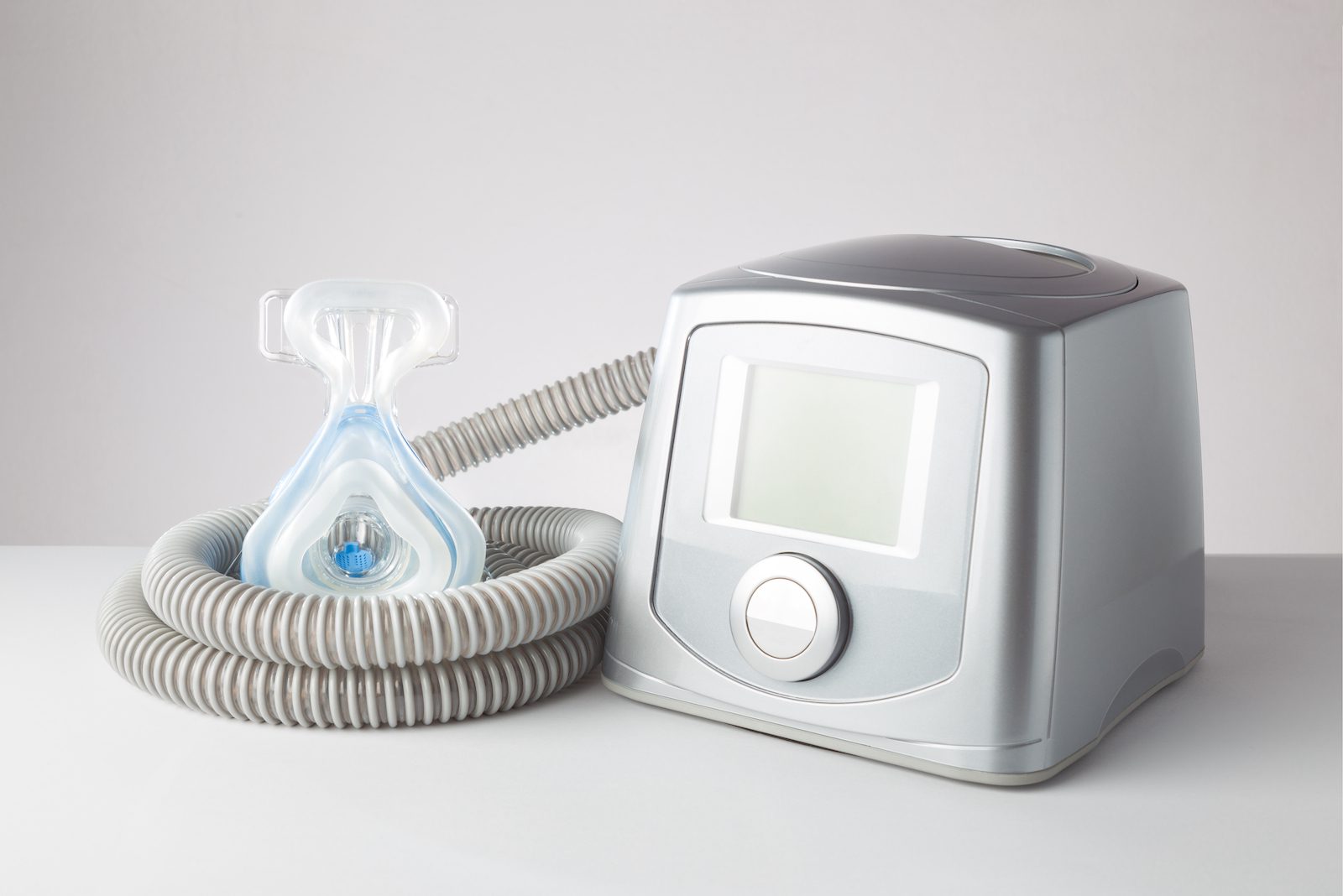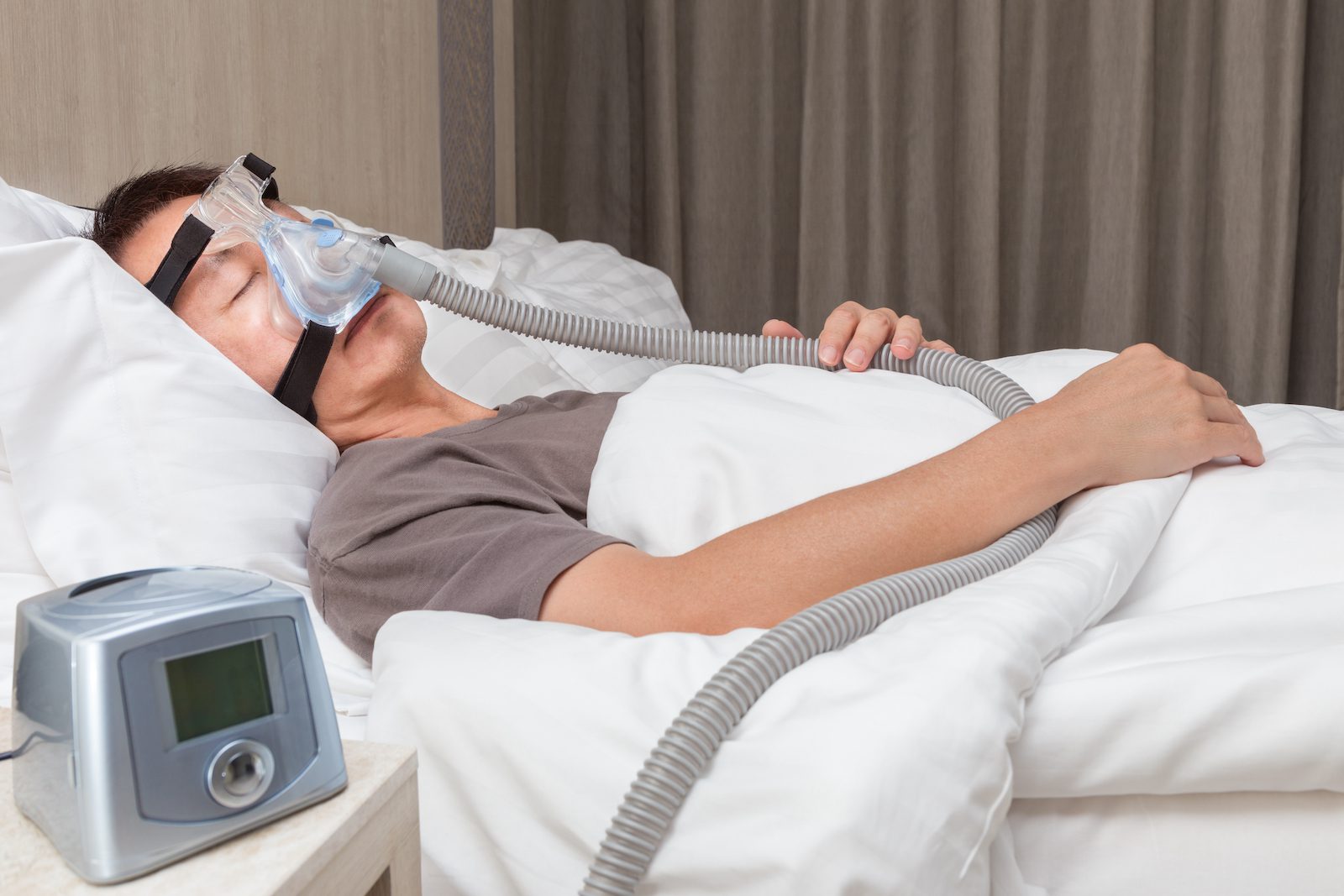When it comes to using a continuous positive airway pressure (CPAP) machine, the type of water you fill the humidifier with might seem like a small detail, but it can make a big difference. While tap water may be convenient, using distilled water helps protect your machine, safeguard your health, and ensure your therapy works as effectively as possible.
In this article, we’ll break down why distilled water is the best choice for your CPAP and what can happen if you use anything else.
Why Should You Use Distilled Water for a CPAP Machine?
Most CPAP machines come with a built-in humidifier that adds moisture to the pressurized air, helping to reduce common side effects like dry nose or throat. To use the humidifier, you fill a small water tank connected to the device.
Experts and manufacturers alike recommend using distilled water in your CPAP humidifier. Unlike tap or well water, distilled water is free from minerals, bacteria, and other impurities that can build up in your machine or pose health risks. Over time, using the wrong kind of water can lead to mineral deposits, mold, or reduced machine performance.
Since there are many types of bottled water available, it’s important to understand how distilled water differs and why it’s the best option for your CPAP.
- Distilled water: When water is distilled, it goes through a process of being boiled and then turned into steam. The steam is captured and turned back into water. This process removes microbes and minerals.
- Purified water: Purified water undergoes treatment to remove all chemicals regardless of the water’s initial source. However, purified water may still contain microbes, depending on how the water was treated.
- Spring water: Spring water comes from an underground source that either flows to the surface or is collected by drilling down into the ground. It's sometimes referred to as “glacier water” or “mountain water,” but there are no regulations about how these labels are used. Bottled spring water is sometimes—but not always—treated.
- Mineral water: Mineral water is derived from an underground source and naturally contains a minimum amount of minerals and other substances that are dissolved in the water.
Commercially sold distilled water that's made in a factory must be prepared and bottled under strict sanitary conditions that are enforced by the U.S. Food and Drug Administration. You can buy distilled water at many grocery stores and drug stores, and it's also available from online retailers and CPAP supply companies.
What Happens if You Use Tap Water in Your CPAP Machine?
Using tap water in your CPAP machine may negatively impact its performance and create health risks from the potential inhalation of unhealthy microbes. The water that comes out of your tap is typically delivered to you through either a local water utility service or a private well.
While tap water is often safe to drink, it's not usually recommended for use in CPAP machines. That's because your stomach contains acids that can kill any ingested microorganism found in tap water, but your respiratory tract lacks this defense mechanism.
If you don't have access to distilled water, a short-term solution is to use either purified bottled water or filtered water. However, this may require you to clean your machine more thoroughly to prevent excessive mineral accumulation in the humidifier reservoir.
Boiling tap water will kill microorganisms, but it won't remove minerals and salts. Therefore boiled tap water can still lead to mineral buildup in the CPAP machine.
Can You Make Distilled Water for a CPAP Machine?
You can make distilled water at home by boiling water, capturing the steam, and allowing the steam to condense back into water and drip into a container. You can do this using only a cooking pot, lid, and cup. Alternatively, you can purchase a kit that includes the necessary equipment to distill water at home.
Making your own distilled water may be a good choice if you're traveling or unable to easily obtain distilled water. While this is a fairly simple process, it may prove time consuming, especially if you need a significant quantity of distilled water.
In addition, you need to plan carefully about how to store the distilled water you make. If your containers are not food-grade or if they aren't properly sanitized, you may inadvertently introduce chemicals or microbes into your water.
Do You Have to Use Water in a CPAP Machine?
Most CPAP machines now come equipped with humidifiers that require water to function properly. If you don’t add water or if the water in the humidifier runs out, the machine will still deliver pressurized air, but the air won't have the added moisture.
Humidification itself isn't essential to the effectiveness of CPAP therapy, but it can be important to addressing dry mouth and nasal congestion. As a result, sleep experts recommend the use of heated humidification for CPAP therapy.
By reducing dryness and irritation, a CPAP humidifier can often help with CPAP side effects like congestion, crusting in the nose, and nosebleeds. However, not everyone experiences these side effects, and some people may prefer to use their CPAP machine without humidification.
If you choose not to add water to the system, you should turn off the humidifier so that you're not heating an empty water chamber and breathing hot, dry air.
How Can You Make Traveling With Your CPAP Machine Easier?
It's important to use your CPAP machine consistently, because sleep apnea symptoms like daytime sleepiness can quickly come back if you don’t. Using a CPAP machine when you travel can preserve your sleep quality and prevent sleepiness from impacting your trip.
If you're bringing your CPAP machine or a travel CPAP device with you, these tips for traveling may help you make sure to have distilled water on hand.
- Pack distilled water in checked bags: For checked baggage, you can bring larger bottles of distilled water. Bottles designed to be lightweight for travel can be found online and let you more easily pack distilled water.
- Purchase distilled water at your destination: When you arrive, you can visit a grocery store or drug store to buy enough distilled water to last the rest of your trip.
- Make your own distilled water: If you're unable to find distilled water and are staying somewhere with a kitchen, you can make distilled water yourself. However, it may be challenging to find the time and materials to prepare distilled water in a sanitary way while traveling.
If your trip is brief and you're unable to bring, purchase, or make distilled water, you can consider using purified bottled water or filtered tap water in your CPAP machine.
Frequently Asked Questions
Purified water has been filtered to remove many impurities, but it may still contain trace minerals that can build up in your CPAP machine over time. While it’s better than using tap water in a pinch, it’s not a substitute for distilled water, which has been boiled and condensed to remove all minerals and contaminants. For the best results and to protect your equipment, stick with distilled water whenever possible.
Buying distilled water is the easiest and most reliable option. It's inexpensive, widely available, and guaranteed to meet the purity standards recommended for CPAP machines. While it's possible to distill water at home using specialized equipment, the process can be time-consuming and may not achieve the same level of purity unless done correctly. If you do decide to distill water yourself, be sure you're following proper guidelines to ensure it's safe for use.
You should never use harsh chemicals like bleach, alcohol, chlorine, or ammonia to clean your CPAP machine or its parts. They can damage the equipment and leave behind harmful fumes or residues. Avoid using moisturizing, glycerine-based, or antibacterial soaps, too, as they can leave a film that irritates your airways.
It’s also important not to add essential oils, fragrances, or aromatherapy products to your water chamber. These substances can coat the inside of your machine, damage components, and potentially affect your lungs when inhaled.
Still have questions?
Sleep apnea products can be confusing. If you need individualized assistance, post your question to the Sleep Doctor forum.




